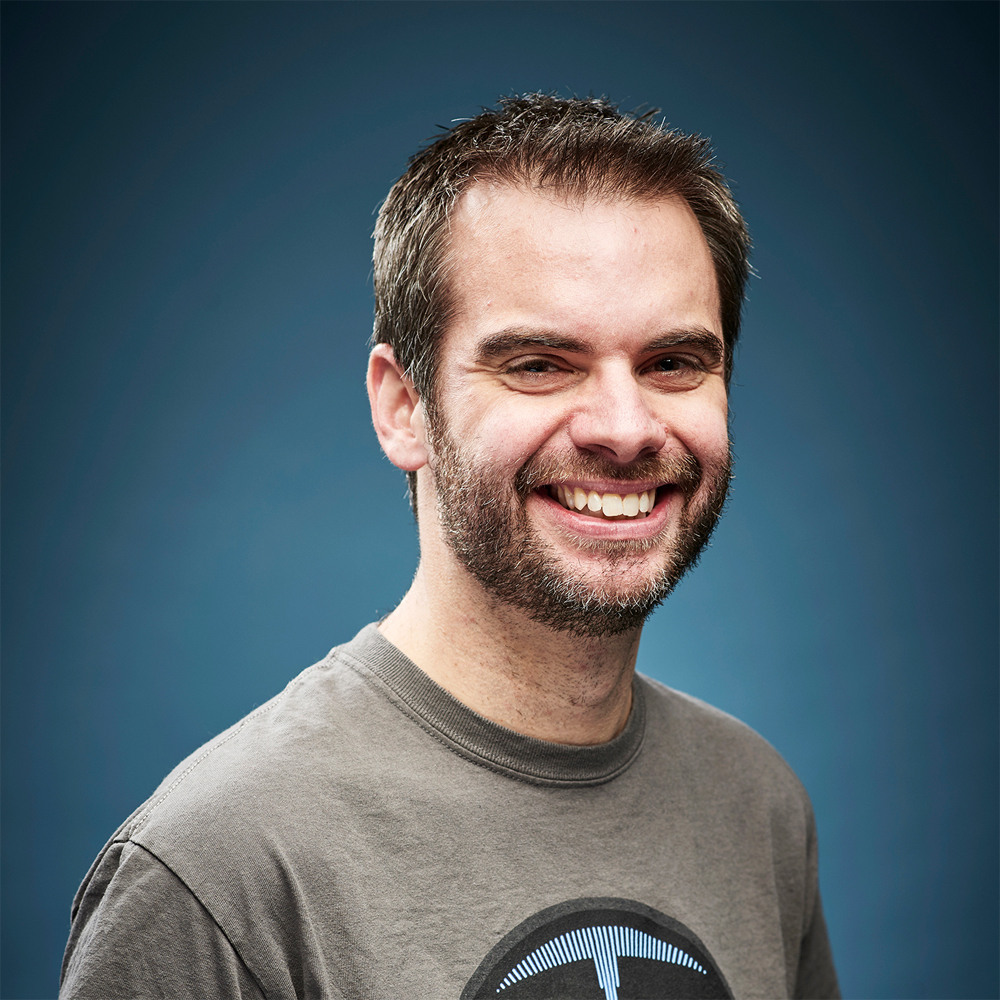Ranked: every Steven Spielberg movie rated from worst to best
All 34 movies ranked from Hook to... you'll have to read on to find out.
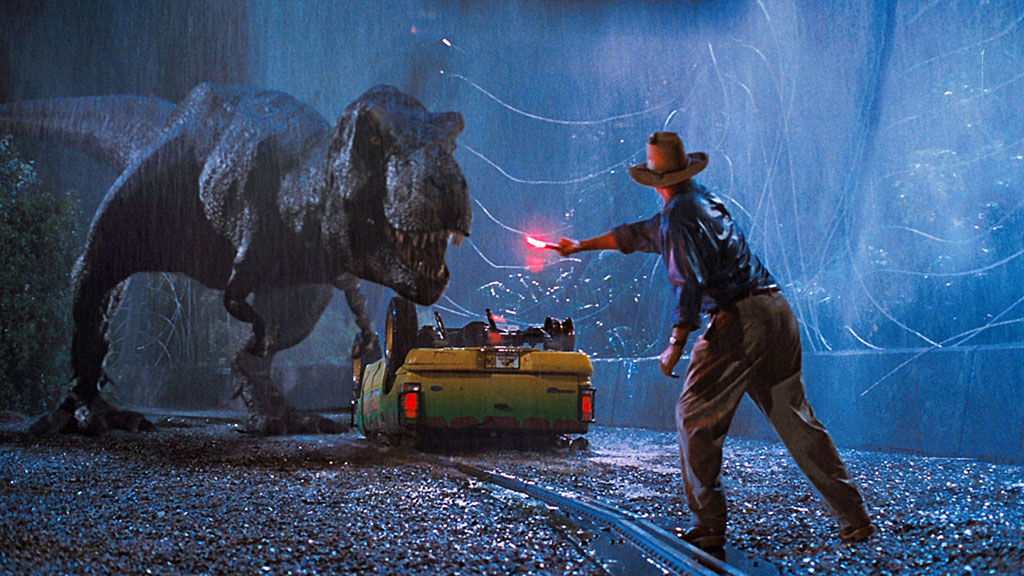
While it’s debatable whether Steven Spielberg is the greatest American director of all time – fans of Martin Scorsese’s movies will probably have something to say about that – there’s no doubt his filmography is among the most successful in Hollywood history. It’s also one of the most eclectic, which makes ranking Spielberg’s 34 movies as director (to date) an extremely challenging task.
Spielberg’s early career was defined by blockbuster smash hits like Jaws, Raiders of the Lost Ark and ET: The Extra-Terrestrial. This led many critics to claim that the director (along with his friend, Star Wars creator George Lucas) was responsible for the infantilisation of Hollywood. Over the course of his five-decade career, however, Spielberg has repeatedly proved that his success is based on much more than an eye for action, and the ability to deliver crowd-pleasing entertainment.
These days it’s impossible to pin Spielberg down to a single genre – his glittering filmography includes (among others) sci-fi (Jurassic Park, War of the Worlds, Minority Report), a musical (West Side Story), historical drama (Lincoln, Amistad), and Oscar-winning epics (Schindler’s List, Saving Private Ryan).
That so many of his movies have stood the test of time proves his filmmaking genius. In fact, you can rest assured that every one of the 34 Steven Spielberg movies ranked on this list features at least one moment of brilliance most other directors could only dream of – yes, even Hook.
34. Hook
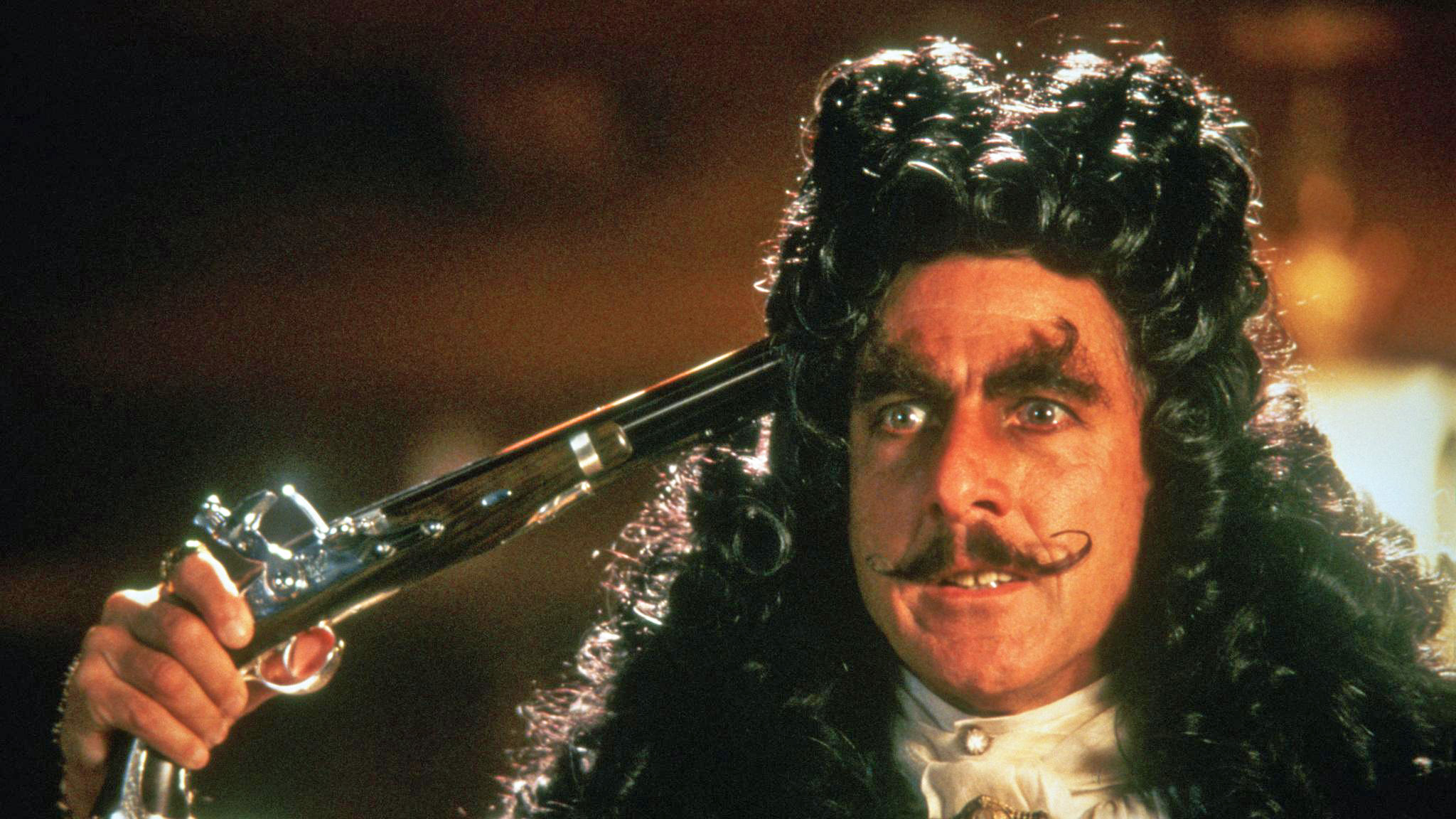
JM Barrie’s Peter Pan should have been tailor-made for the king of the family movie, but something went wrong on the way to Never Land. There’s no faulting the premise – a grown-up Pan struggles to connect with his own kids – or the caliber of a cast that boasts Robin Williams as Peter, Dustin Hoffman as Captain Hook, Julia Roberts as Tinker Bell and Bob Hoskins as Smee. If only Spielberg had managed to summon the necessary levels of magic the story deserves.
33. Always
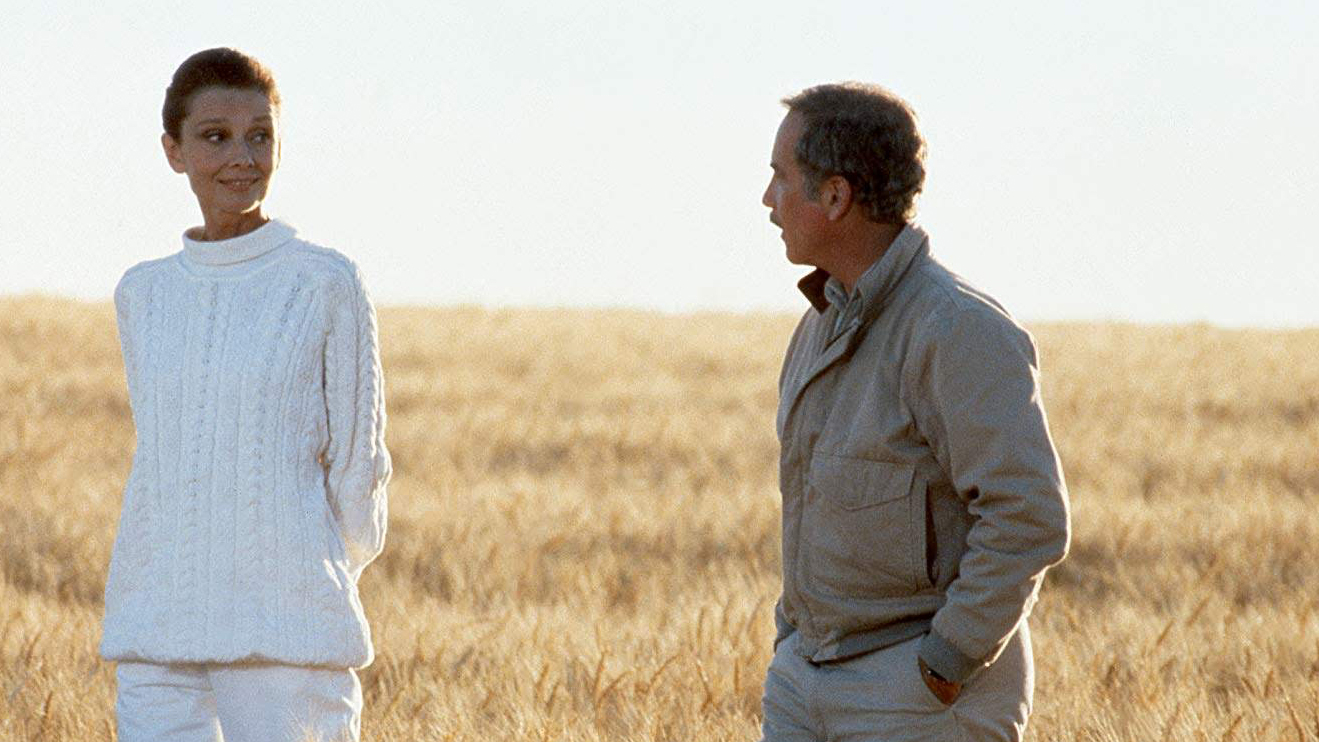
Spielberg first cut his teeth directing for television (most notably on Columbo), and this supernatural romance has the feel of a schmaltzy TV movie – albeit one directed by one of the great visual stylists of his generation. Jaws star Richard Dreyfuss plays an aerial firefighter who comes back from the dead to offer guidance to grieving girlfriend Holly Hunter, but this feels like Spielberg on autopilot.
32. The Terminal
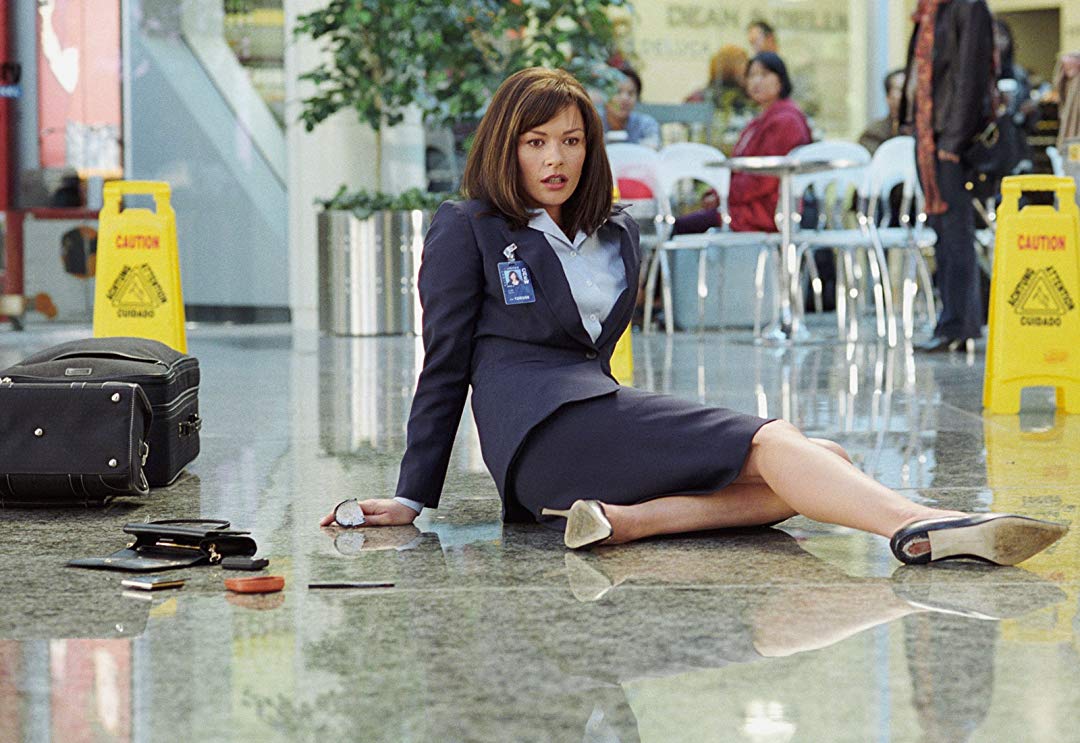
While Spielberg and Tom Hanks have made five movies together, this airport-set comedy-drama undoubtedly the weakest of the bunch. Saddled with a ridiculous European accent, Hanks plays an unfortunate traveler who, thanks to some political shenanigans, is rendered stateless and confined to live in an airport for months and end. As you’d expect, it looks fantastic – an early reverse zoom highlighting Viktor’s isolation is classic Spielberg – but this is 90 minutes of plot stretched over more than two hours.
Get daily insight, inspiration and deals in your inbox
Sign up for breaking news, reviews, opinion, top tech deals, and more.
31. The Lost World: Jurassic Park
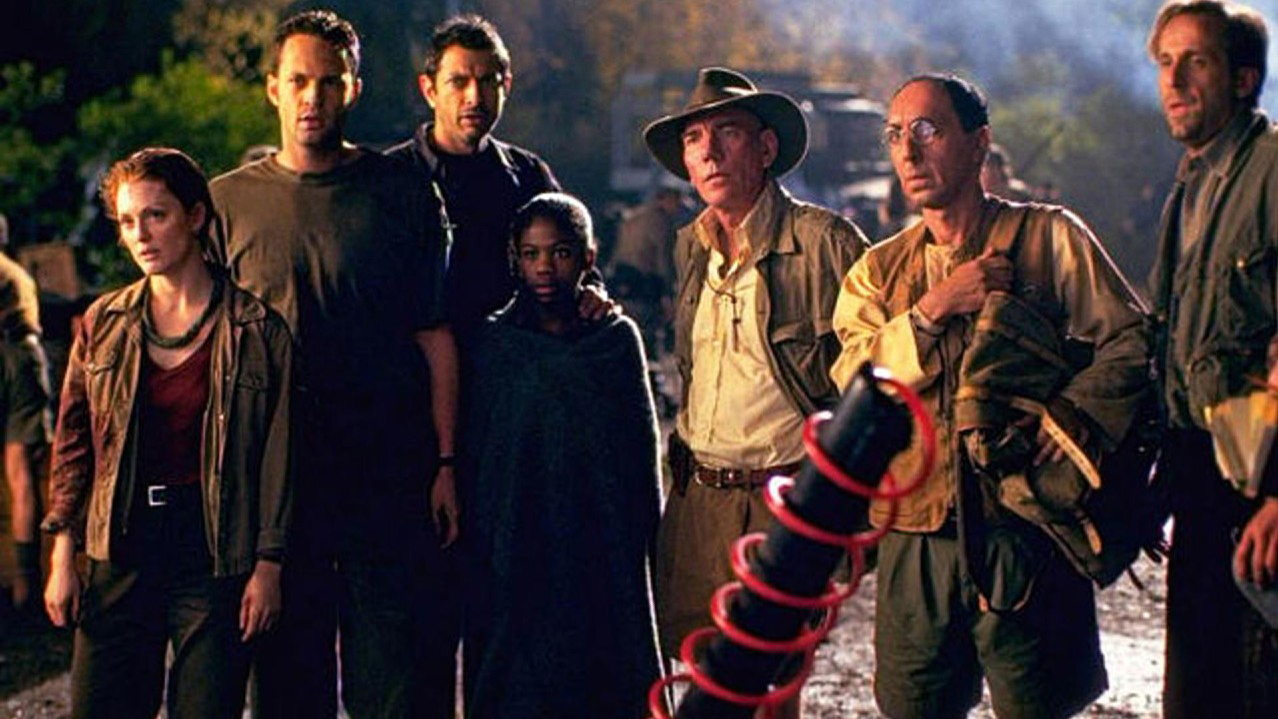
Jurassic World: Dominion director Colin Trevorrow recently admitted to Empire that “there probably should have only been one Jurassic Park”, and the first dino-sequel suggests he may have been right. A mission to protect the prehistoric residents of the previously unmentioned “Site B” lacks the original’s brilliant theme-park-gone-wrong hook, while the San Diego-set finale (in which a T-rex has an implausible night on the town) is laughably bad. Even so, a couple of classic Spielberg moments – notably velociraptors hunting in long grass – mean it’s not a complete wash-out.
30. Indiana Jones and the Kingdom of the Crystal Skull
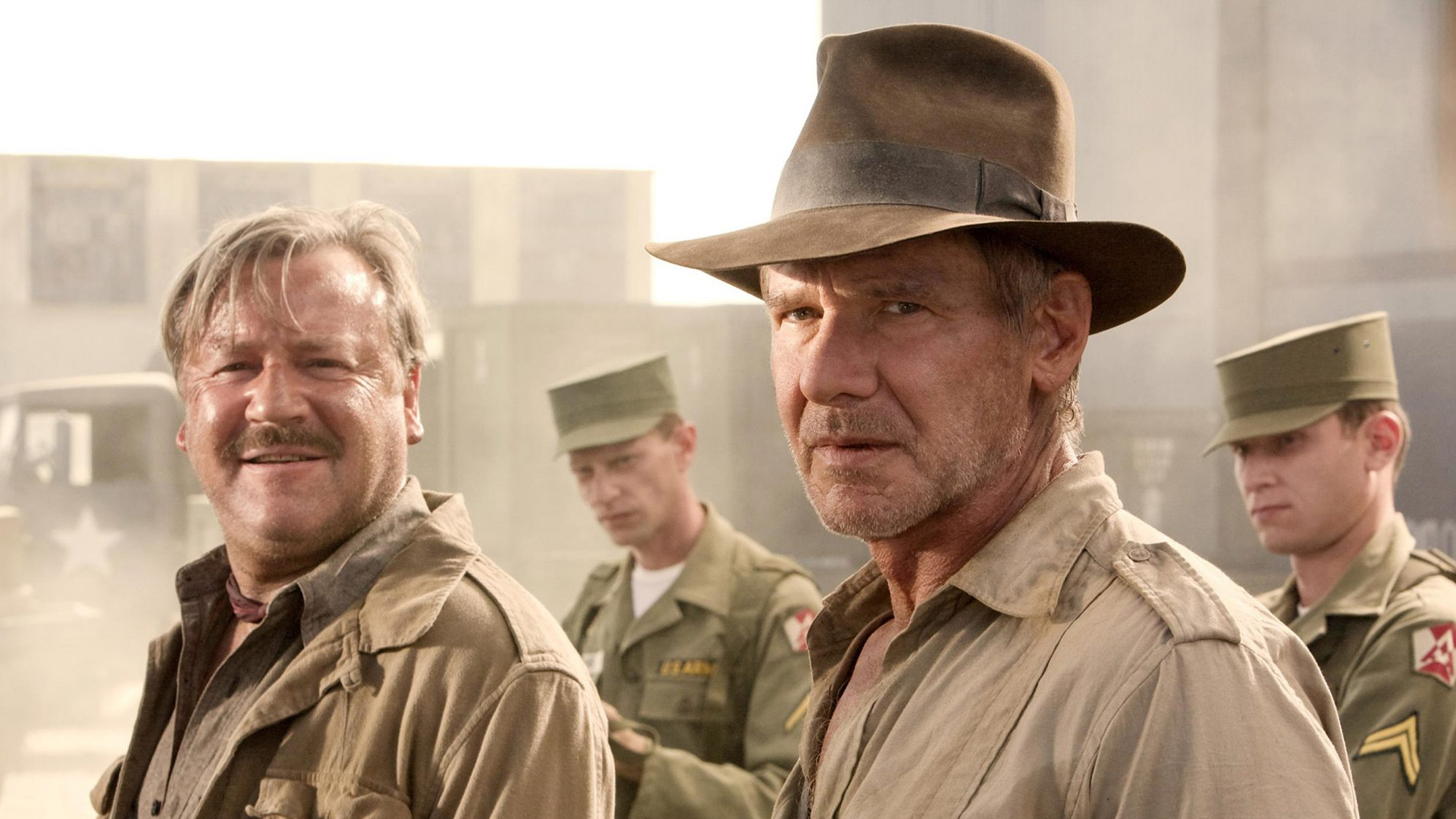
With James Mangold taking the helm for Indy's fifth and final adventure, Indiana Jones and the Dial of Destiny, The Kingdom of the Crystal Skull will remain Spielberg’s final adventure with cinema’s most famous obtainer of rare antiquities. Although it’s a shame he didn’t leave the fedora and bullwhip on a high, the film’s nowhere near as bad as popular opinion would tell you. Sure, the aliens are silly and “nuking the fridge” became the new jumping the shark, but even in his mid-60s incarnation, Harrison Ford remains a credible action hero.
29. The Adventures of Tintin: The Secret of the Unicorn
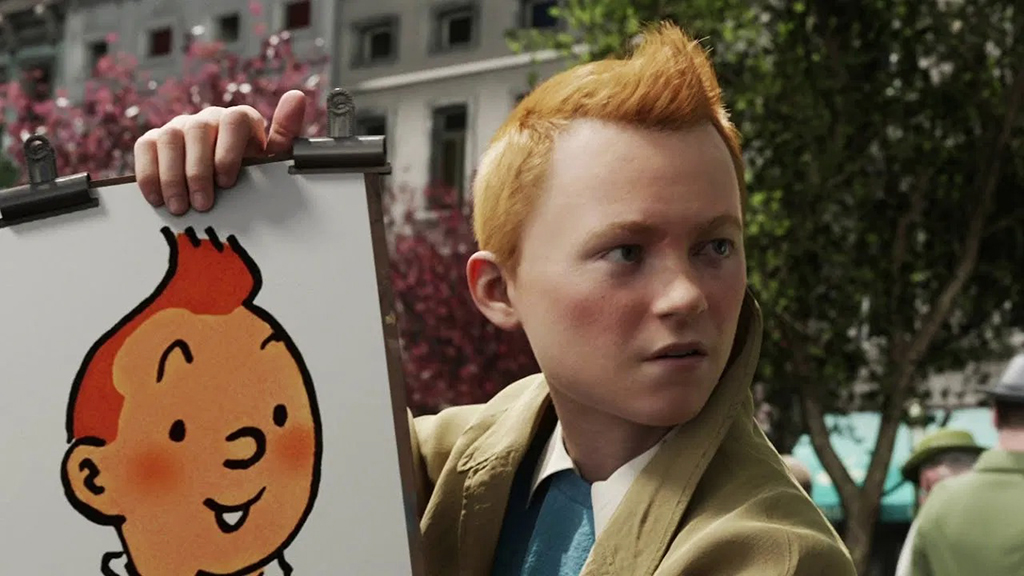
It was supposed to be the start of something big. Spielberg first became taken with Hergé’s intrepid teen reporter during the promo tour for Raiders of the Lost Ark, and teamed up with fellow fan Peter Jackson with a view to starting a franchise – the plan was for Spielberg to helm the first movie, with The Lord of the Rings director taking over for the second. Alas, the fact that The Secret of the Unicorn remains sequel-less says it all. It’s not bad, just forgettable, though the fact its performance capture people reside in the Uncanny Valley probably didn’t help its cause.
28. 1941
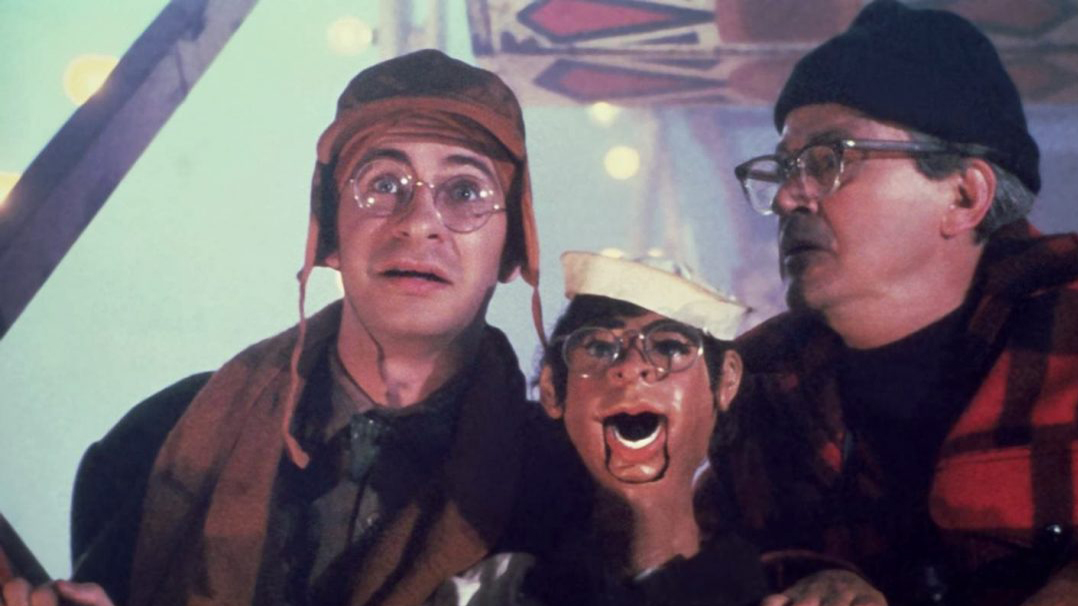
Unfortunately, the dream team of Spielberg, Saturday Night Live stars Dan Aykroyd and John Belushi, and future Back to the Future writers Robert Zemeckis and Bob Gale weren’t enough to stop this post-Pearl Harbor-set comedy from flopping at the box office. History has been slightly kinder to the movie than critics and audiences were at the time, though Spielberg has largely steered clear of comedy since.
27. The Color Purple
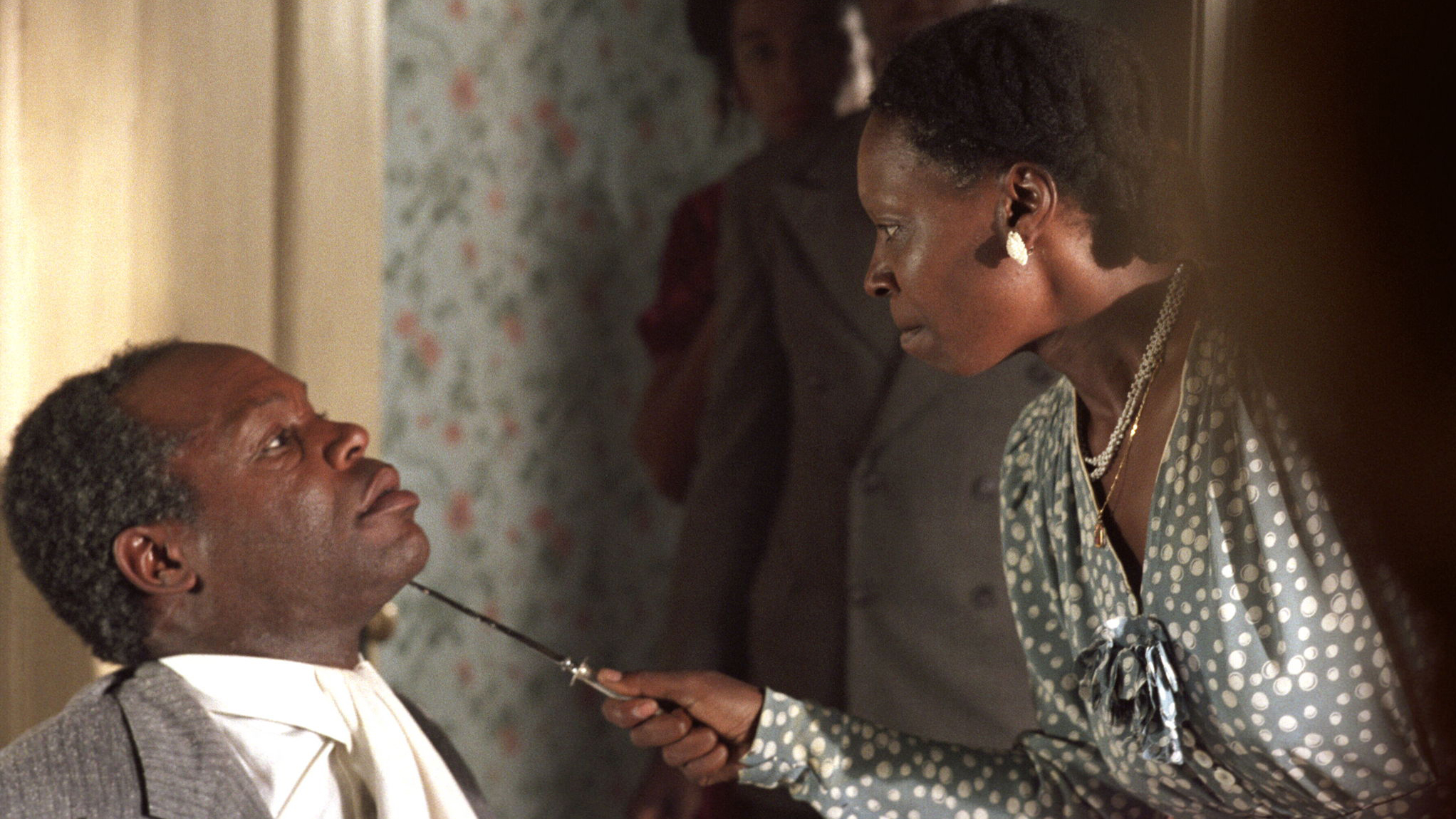
Having established himself as arguably cinema’s greatest entertainer since Alfred Hitchcock, Spielberg made a shot for establishment respectability with his take on Alice Walker’s Pulitzer Prize-winning novel. Despite its 13 Academy Award nominations, however, The Color People is definitely lesser Spielberg, an overly schmaltzy film (one of the director's few Achilles heels) in which you rarely get the sense of a filmmaker at ease with the material. On the plus side, it helped launch the acting careers of Whoopi Goldberg, Danny Glover and Oprah Winfrey.
26. The BFG
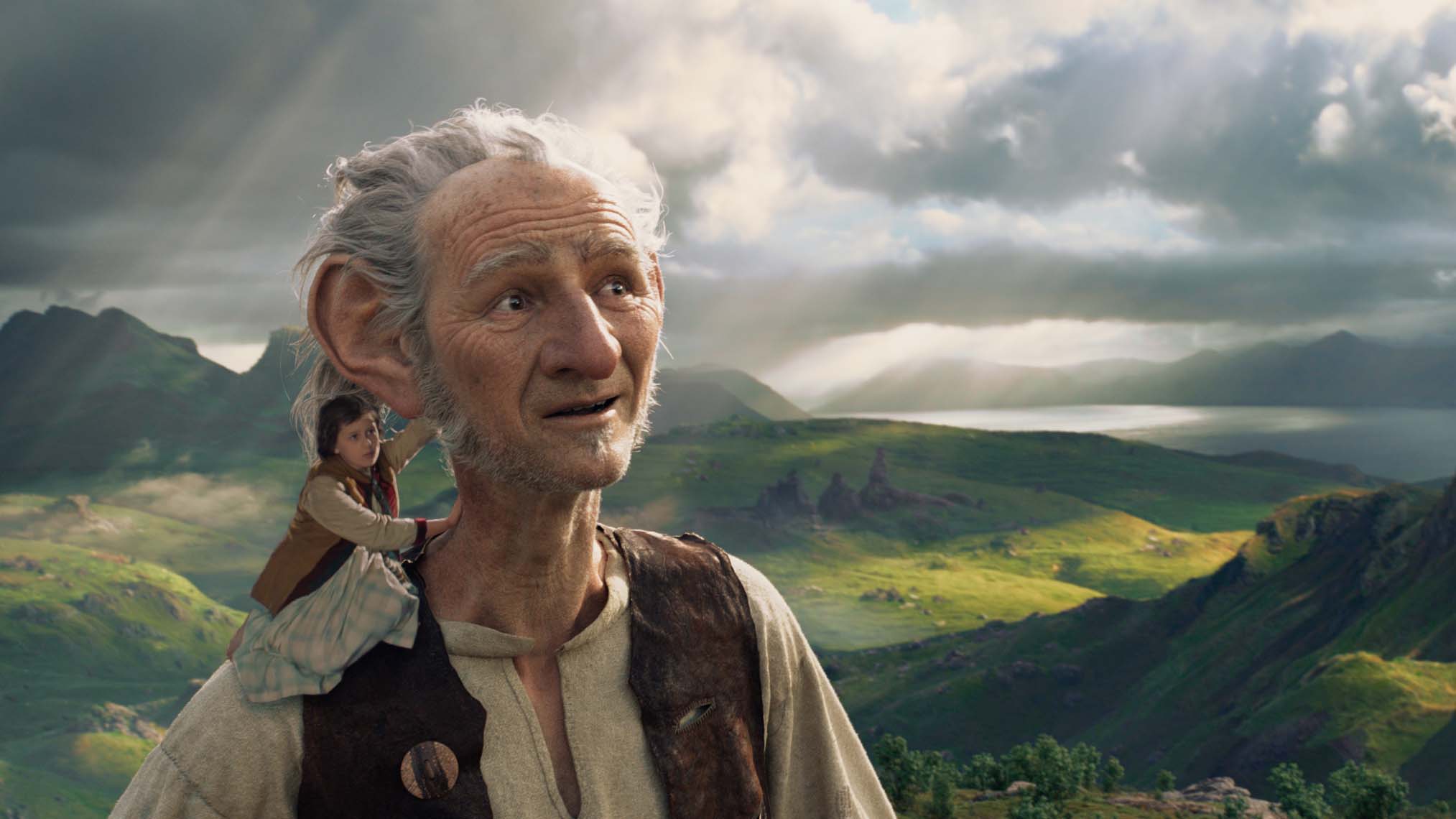
In 2016, Spielberg made his first all-out kids film since ET, but this time the results were rather less iconic. He gets lots right, particularly in the performance capture casting of Bridge of Spies’ Mark Rylance as the eponymous Big Friendly Giant and Flight of the Conchords’ Jemaine Clement as his child-eating nemesis, the Fleshlumpeater. But while Spielberg captures the essence of Roald Dahl’s classic novel, he can’t find a solution for the fact that not much happens in the middle act.
25. The Sugarland Express
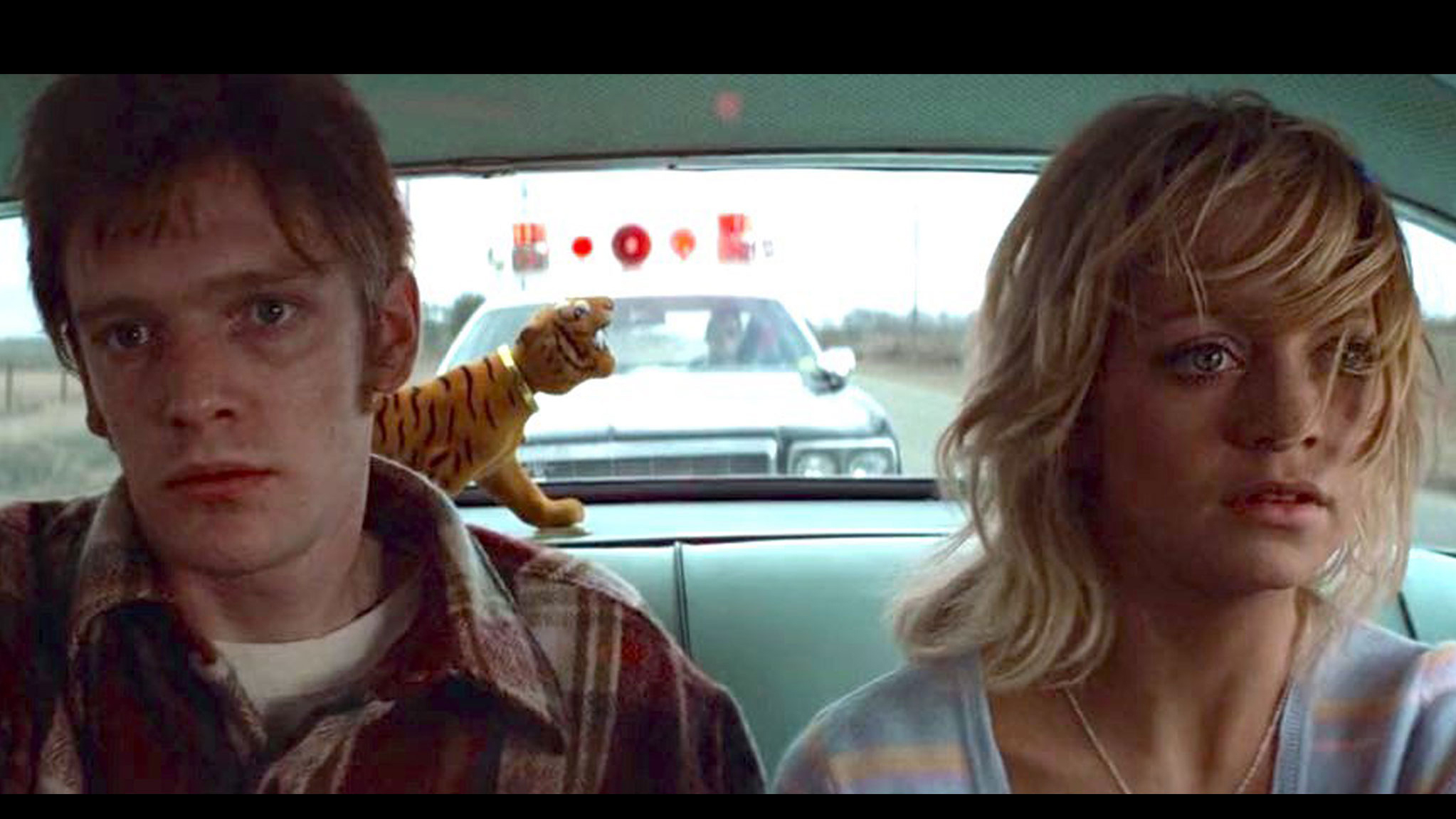
Released in 1974, Spielberg’s first movie made specifically for the big screen shows flashes of his trademark brilliance, but there’s little here to hint at the magnificent career he’d go on to have. It’s a fairly run-of-the-mill chase drama, in which Goldie Hawn and screen husband William Atherton go on the run to kidnap their kid from social services. Nearly 50 years on, it’s perhaps most notable for marking Spielberg’s first collaboration with John Williams, the legendary composer who’d score the majority of his impressive filmography.
24. Empire of the Sun
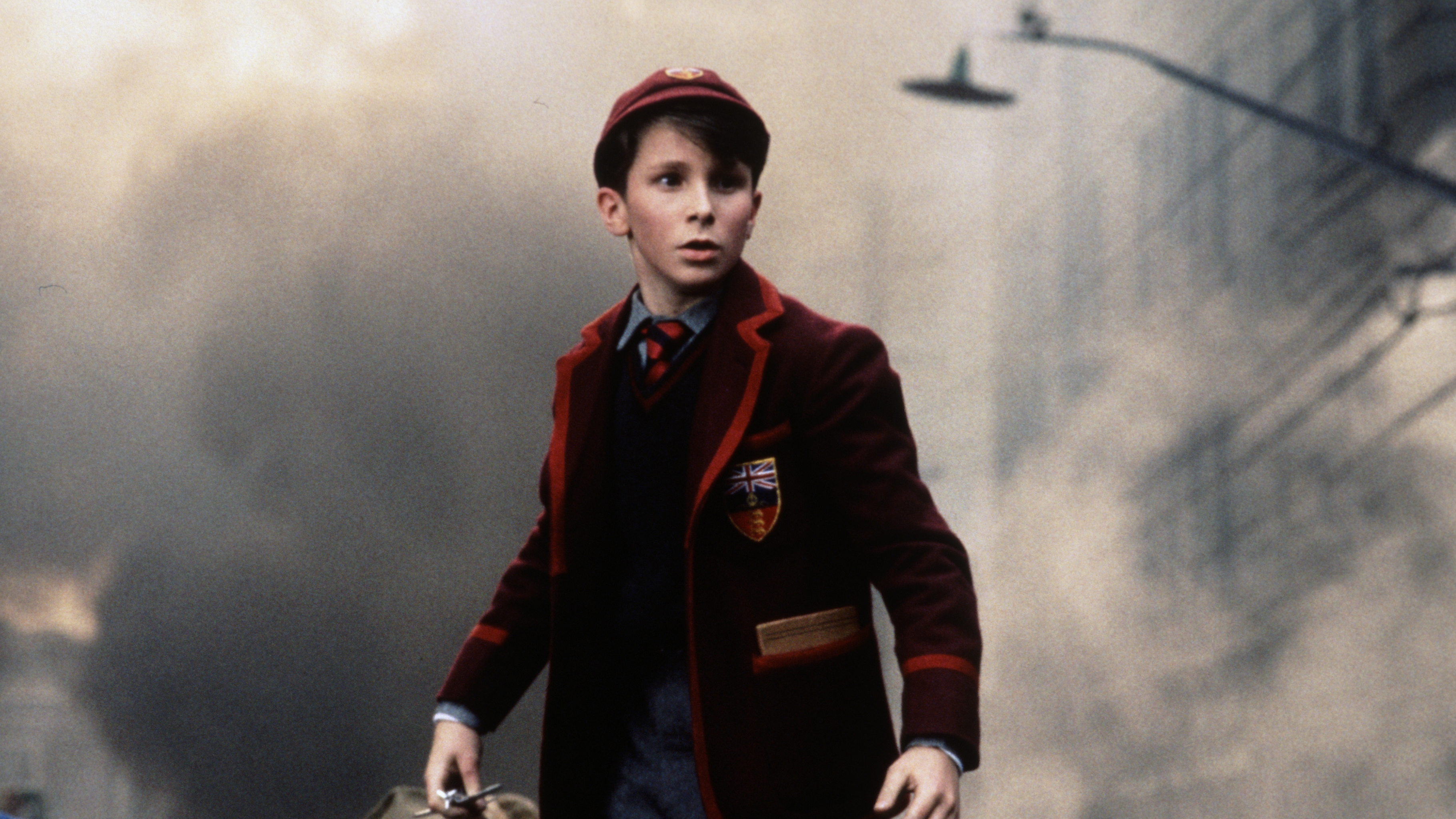
Long before he appeared as Patrick Bateman and Batman, Christian Bale was the 12-year-old star of one of Spielberg’s less-remembered trips back to World War 2. An adaptation of legendary British sci-fi author JG Ballard’s semi-autobiographical novel, the film follows Bale’s Jim after he’s separated from his family during the Japanese invasion of Shanghai.
Working from a script by renowned playwright Tom Stoppard (who'd go on to do uncredited writing work on Indiana Jones and the Last Crusade) , Spielberg mostly does the darker-than-usual material justice, but it feels more like one for him than one for his fans.
23. Catch Me if You Can
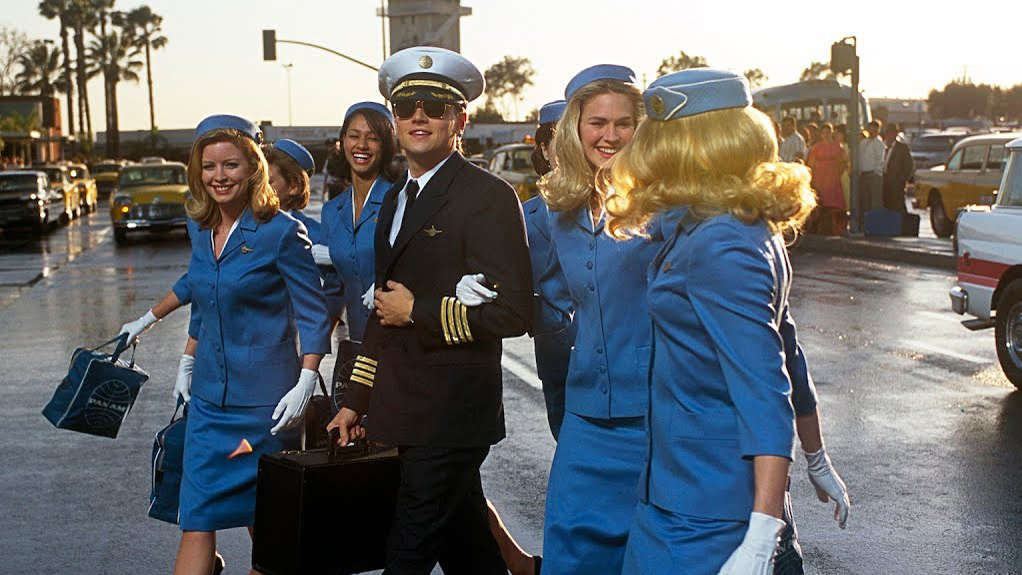
Spielberg braves comedy for the first time since the 1941 disaster, but his breezy, screwball-ish take on legendary conman Frank Abagnale Jr’s memoir is also seriously lightweight. Leonardo DiCaprio is appropriately charming as a guy who masquerades as airline pilot, doctor, lawyer and more, but – even with Tom Hanks’ FBI agent in pursuit – there’s never enough urgency to the chase. John Williams’ score, however, is up there with his best.
22. War Horse
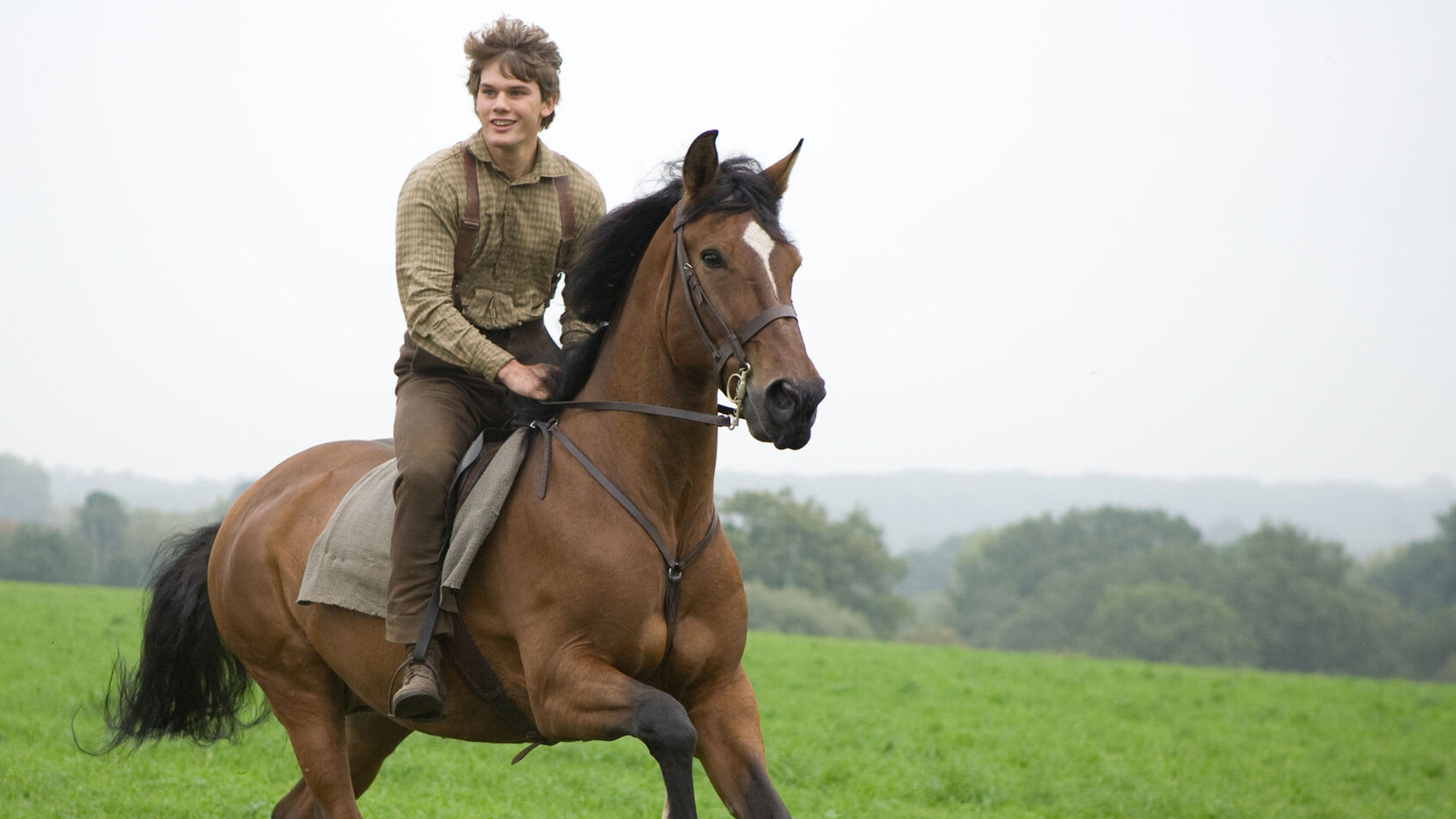
The last of Spielberg’s war movies to date, this film version of Michael Morpurgo’s classic children’s novel (and Nick Stafford’s hit stage play) is an unlikely mix of Saving Private Ryan and ET. At heart, this World War I-set drama is the story of a boy and his horse, and Spielberg – that master milker of emotions – ensures their bond is genuinely powerful.
But it’s also truly cinematic in scope, a family movie engineered for the big screen rather than TV. That said, it’s still disappointing that – unlike the book – the film version isn’t narrated by the horse.
21. Indiana Jones and the Temple of Doom
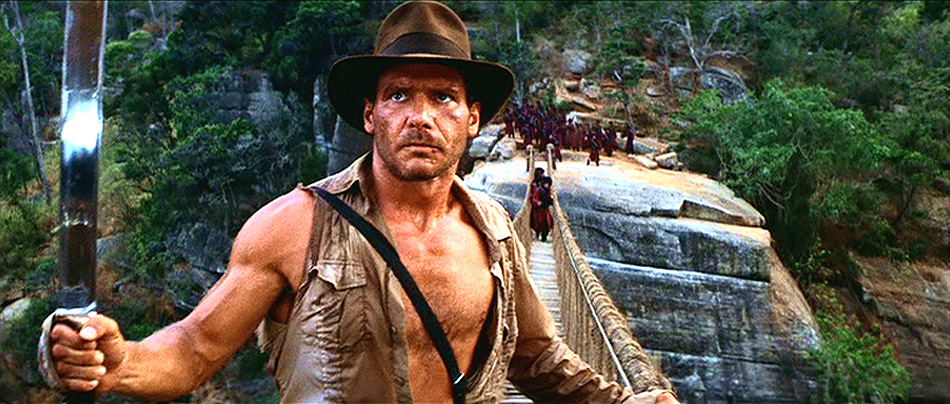
How do you follow up a genre-redefining instant classic like Raiders of the Lost Ark? Spielberg and Indy co-conspirator George Lucas chose to go dark, and sacrificed much of the spirit of adventure that made the original work so well. In this prequel, Dr Jones is a much less likeable hero, driven by nothing more noble than “fortune and glory”.
Underwritten love interest Willie Scott (Kate Capshaw) is no match for Karen Allen’s Marion Ravenwood. Time has also done few favors to the film’s questionable portrayal of its Indian villains, though Temple of Doom does feature some of the best action sequences in the franchise.
20. Amistad
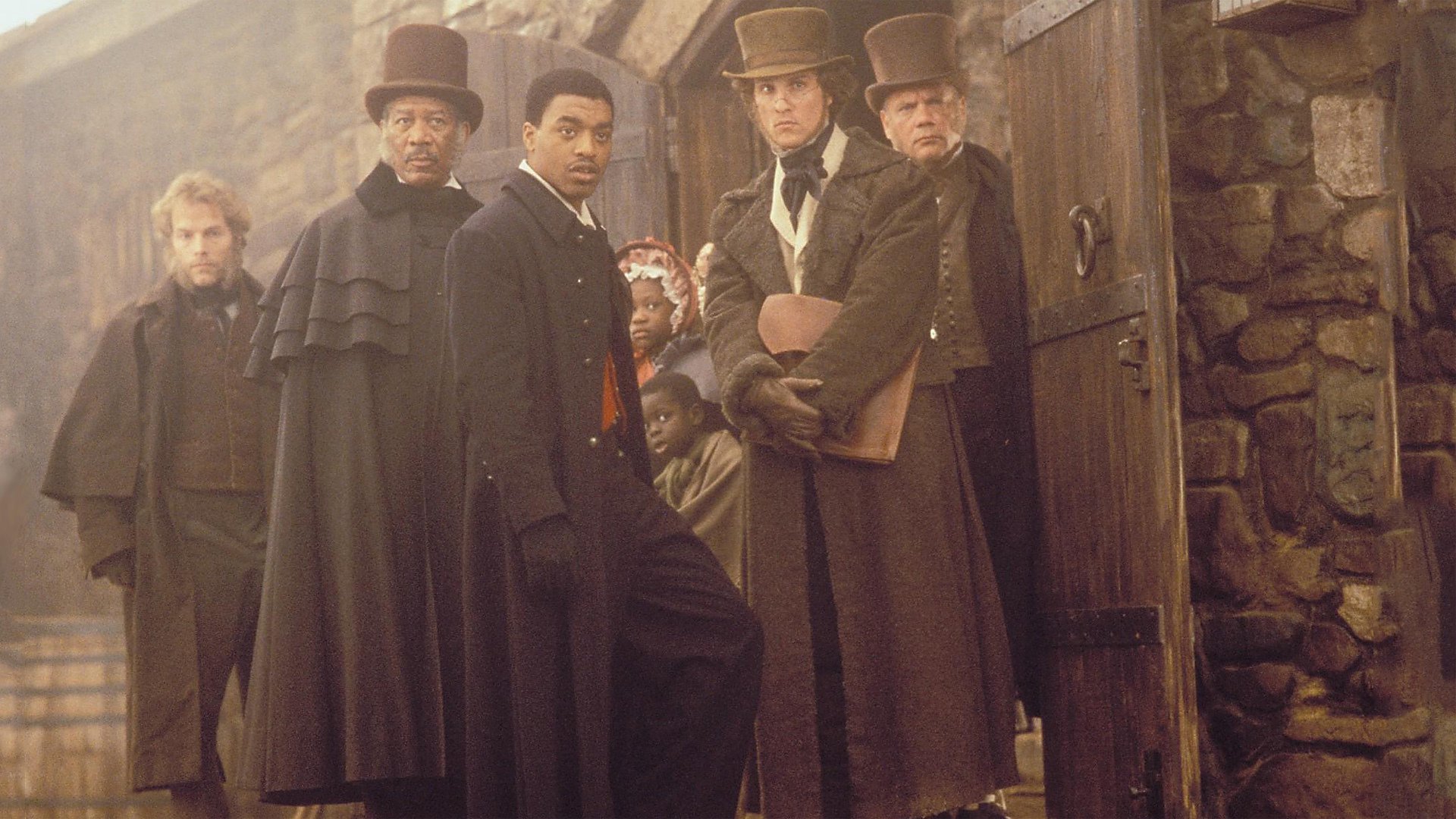
Four years after Schindler’s List, Spielberg returned to historical drama with this retelling of a 19th century mutiny on board a slave ship traveling across the Atlantic, and the captive Africans’ subsequent efforts to defend themselves through the US legal system. Although Amistad’s historical accuracy has been questioned, it’s a typically solid piece of storytelling from Spielberg, mixing courtroom drama with a powerful emotional punch, and themes that continue to resonate today.
19. AI: Artificial Intelligence
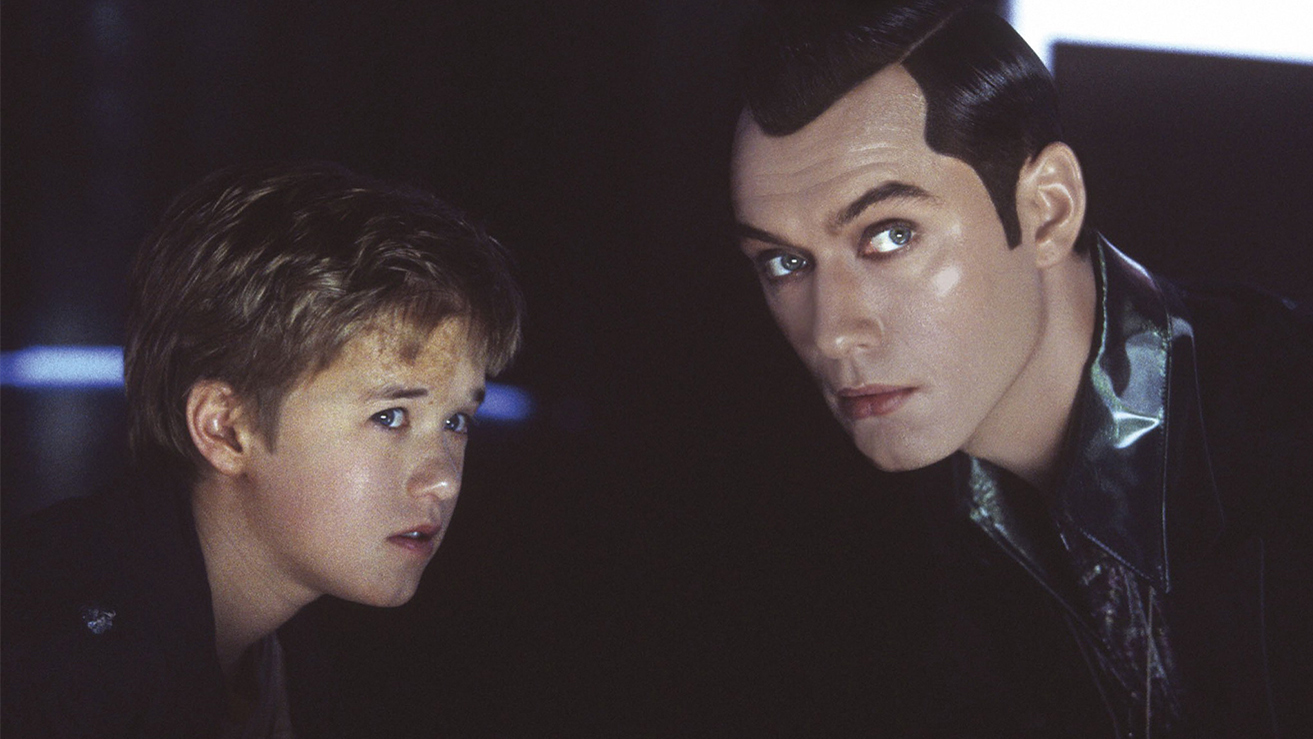
This adaptation of Brian Aldiss short story ‘Supertoys Last All Summer Long’ was once a passion project for the late Stanley Kubrick – Spielberg inherited the movie after the 2001: A Space Odyssey director died in 1999.
This sci-fi take on Pinocchio is a real tonal mishmash, shifting between the cold sterility of its opening act – where Haley Joel Osment’s robot boy longs to be accepted by a human family – to a strange mix of fairytale and anti-global warming parable.
18. Bridge of Spies
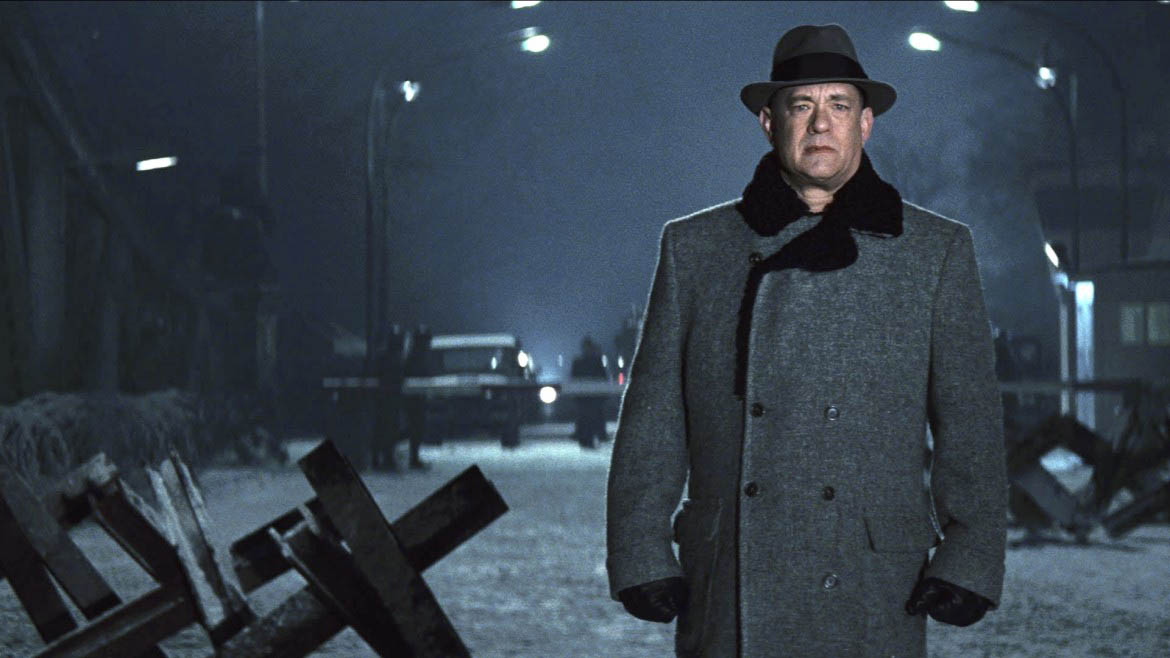
For all the acclaim, one thing Spielberg doesn’t get enough credit for is his ability to spot a star of the future. Future BFG Mark Rylance was best known for BBC drama Wolf Hall when he turned up in Bridge of Spies, but Spielberg gave him the gift of an Academy Award-winning role in this classy Cold War drama, co-written by the Coen brothers. And one for trivia fans – with its Thomas Newman soundtrack, this is one of the rare Spielberg films not to feature a John Williams score.
17. Ready Player One
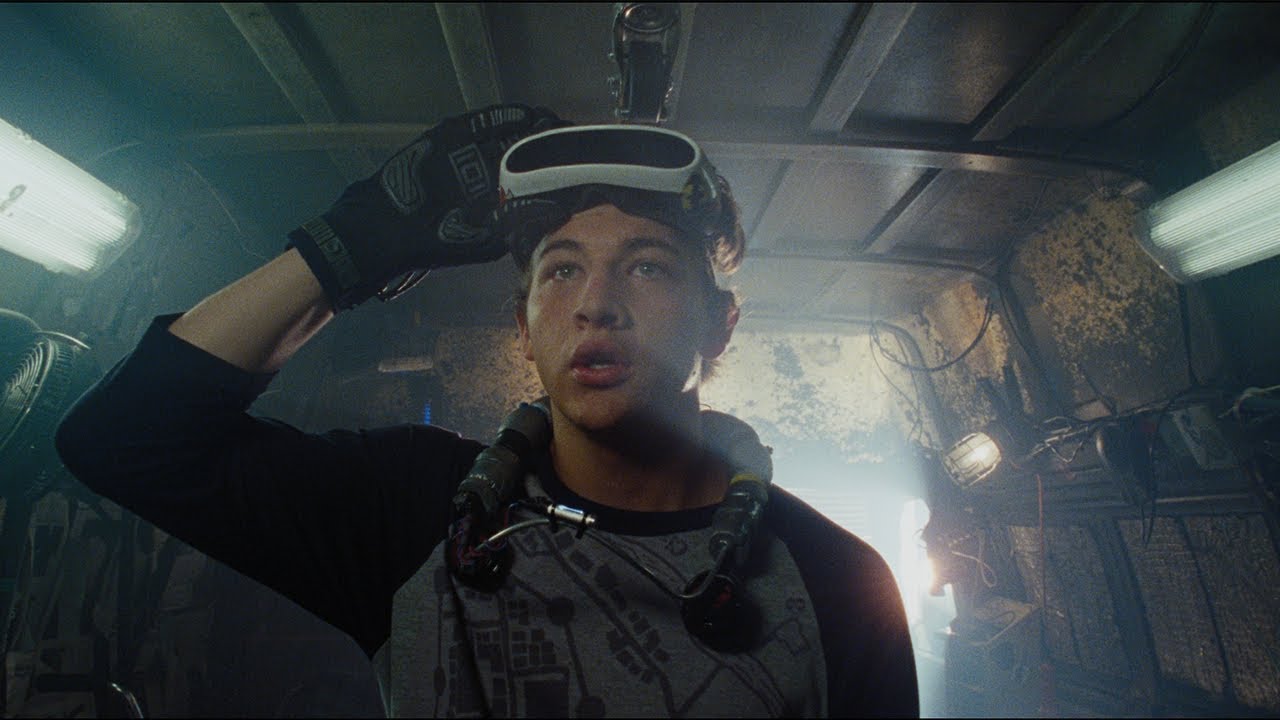
If you could choose anyone in the world to direct the movie version of Ready Player One it would be Steven Spielberg. Even so, it was still a major surprise when he agreed to adapt Ernest Cline’s ode to ’80s pop culture.
Spielberg wisely dumps most of the book’s many references to his own films, but still has plenty of fun taking us on a quest through the virtual worlds of the OASIS. Indeed, there are more than enough audacious sequences – most of them rendered with sophisticated performance capture tech – to remind you there’s still no one better when it comes to epic blockbuster action.
16. The Post
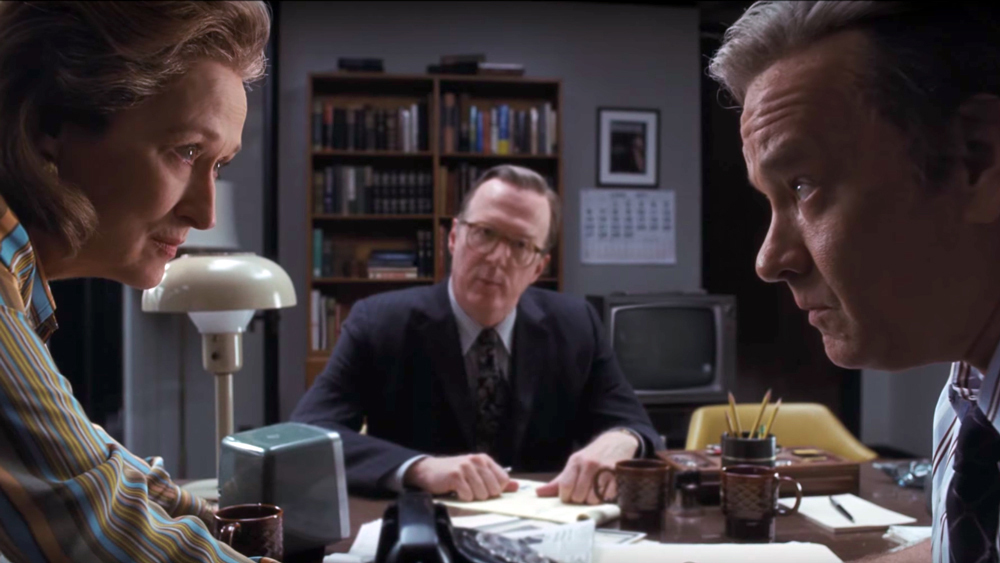
Spielberg is at his most overtly political in this based-on-a-true-story thriller, a smart companion piece to All the President’s Men. The director rushed the movie into production as a reaction to President Trump’s White House and its attacks on so-called “fake news”. He subsequently recruited a heavyweight cast including Meryl Streep and Tom Hanks to tell the story of the Washington Post’s pivotal decision to publish the so-called “Pentagon Papers”, against then-President Nixon’s wishes. It’s a talky film, short on genuine fireworks, but Spielberg finds maximum drama in a 1970s newsroom.
15. War of the Worlds
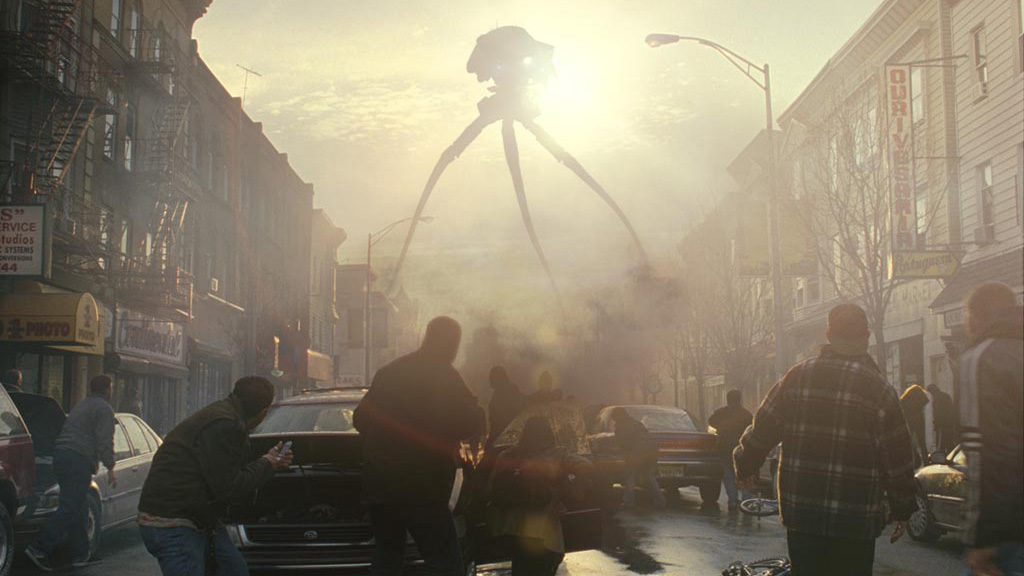
Spielberg’s second collaboration with Tom Cruise proves that Independence Day wasn’t the only way to make a CG-heavy alien invasion movie. The film relocates HG Wells’ classic novel from Victorian England to New Jersey, as Cruise’s everyman fights to protect his kids from hostile ETs rising from the ground. There are two thirds of a sci-fi classic here, but it all fizzles out in a disappointing, implausible final act.
14. Munich
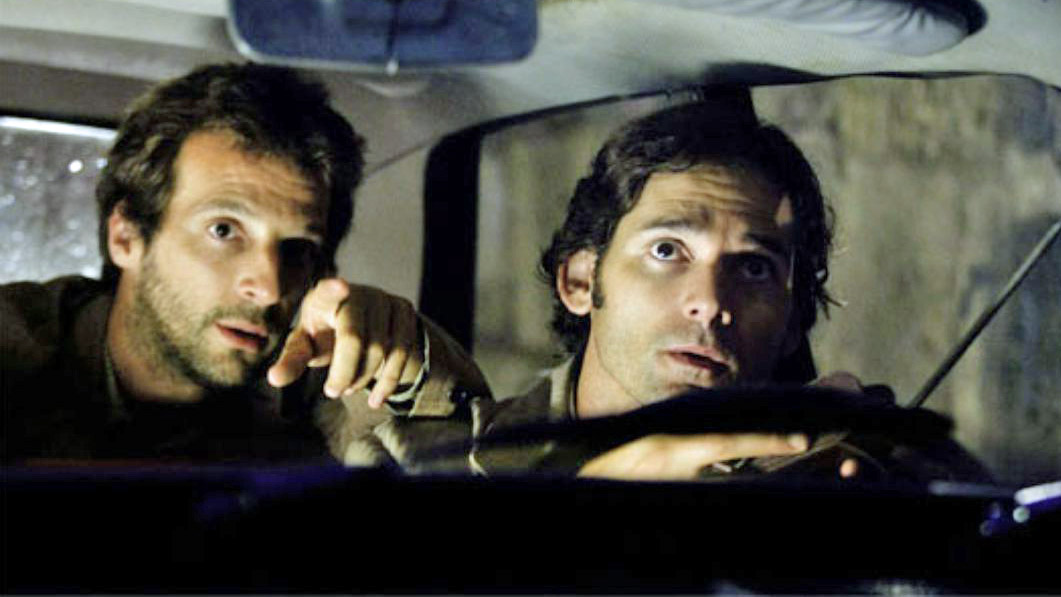
Rarely has Spielberg explored themes of moral ambiguity as deftly he does in Munich, a film where notions of good and evil are intentionally blurred. Set in the aftermath of the murder of 11 Israeli athletes at the 1972 Olympics in Munich, it follows the team of Mossad agents sent to eliminate the Black September terrorists responsible.
Eric Bana delivers a career-best performance as lead agent Avner Kaufman, delivering a near-flawless portrayal of a man questioning the rights and wrongs of his all-consuming mission.
13. Minority Report
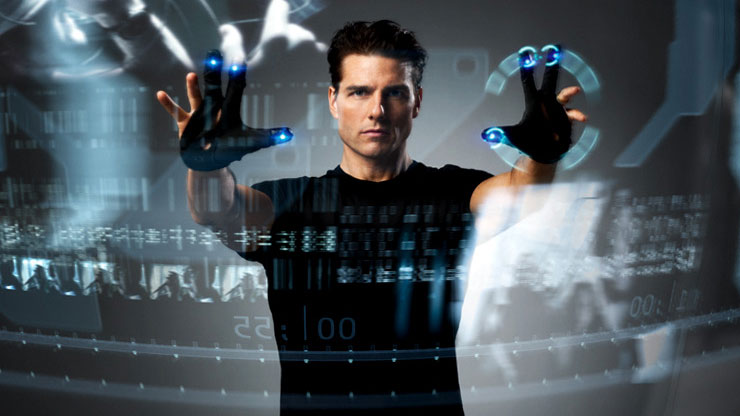
Few movies can claim to be as ahead of their time as this adaptation of a Philip K Dick short story. Spielberg assembled a brain trust of scientists and futurologists to create a plausible 2054, and their vision of gesture-operated computers and targeted ads has proved spookily prescient. Beyond the predictions, it’s a solid, twisty sci-fi thriller in which Tom Cruise’s cop goes on the run to clear himself of a murder he hasn’t yet committed.
12. Lincoln
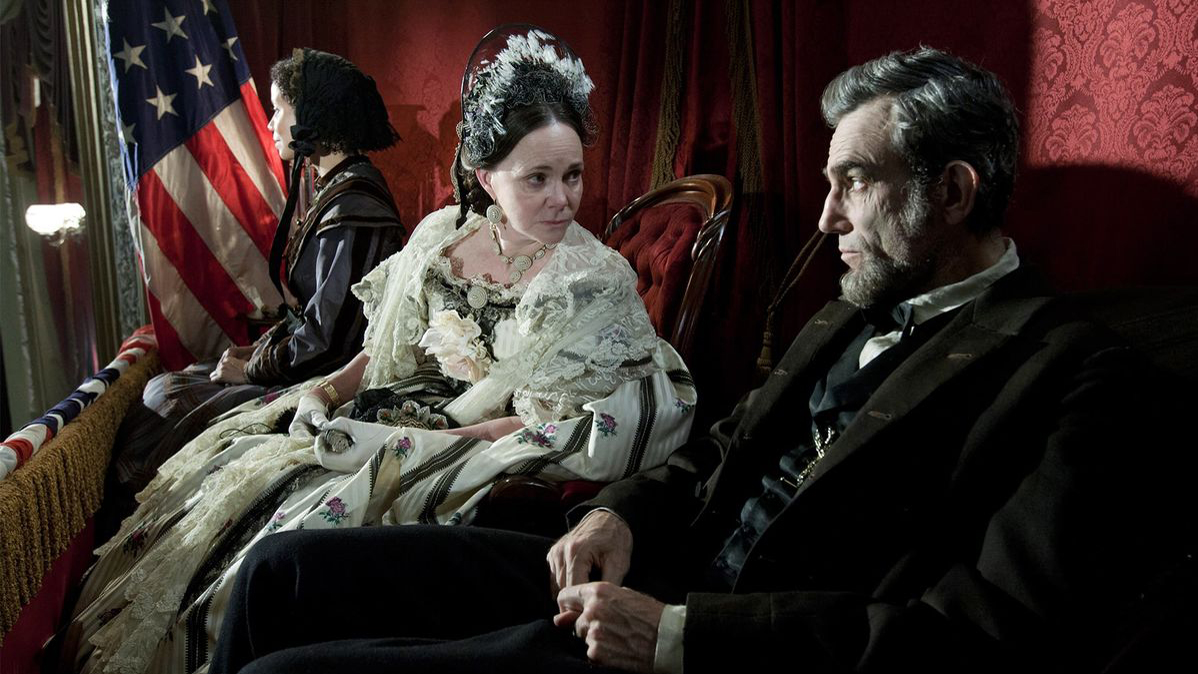
From Indiana Jones to the Tyrannosaurus-rex, Spielberg’s never shirked at the idea of portraying iconic figures on screen. Even so, none have been quite so ingrained in the American psyche as the 16th President of the United States. Daniel Day-Lewis is on Oscar-winning form as Abraham Lincoln, in a film that revels in its West Wing-style verbosity. Perhaps the film’s greatest masterstroke, however, is focusing on the late President’s tumultuous final months in office – never let it be said that Spielberg doesn’t have an eye for where the action is.
11. The Fabelmans
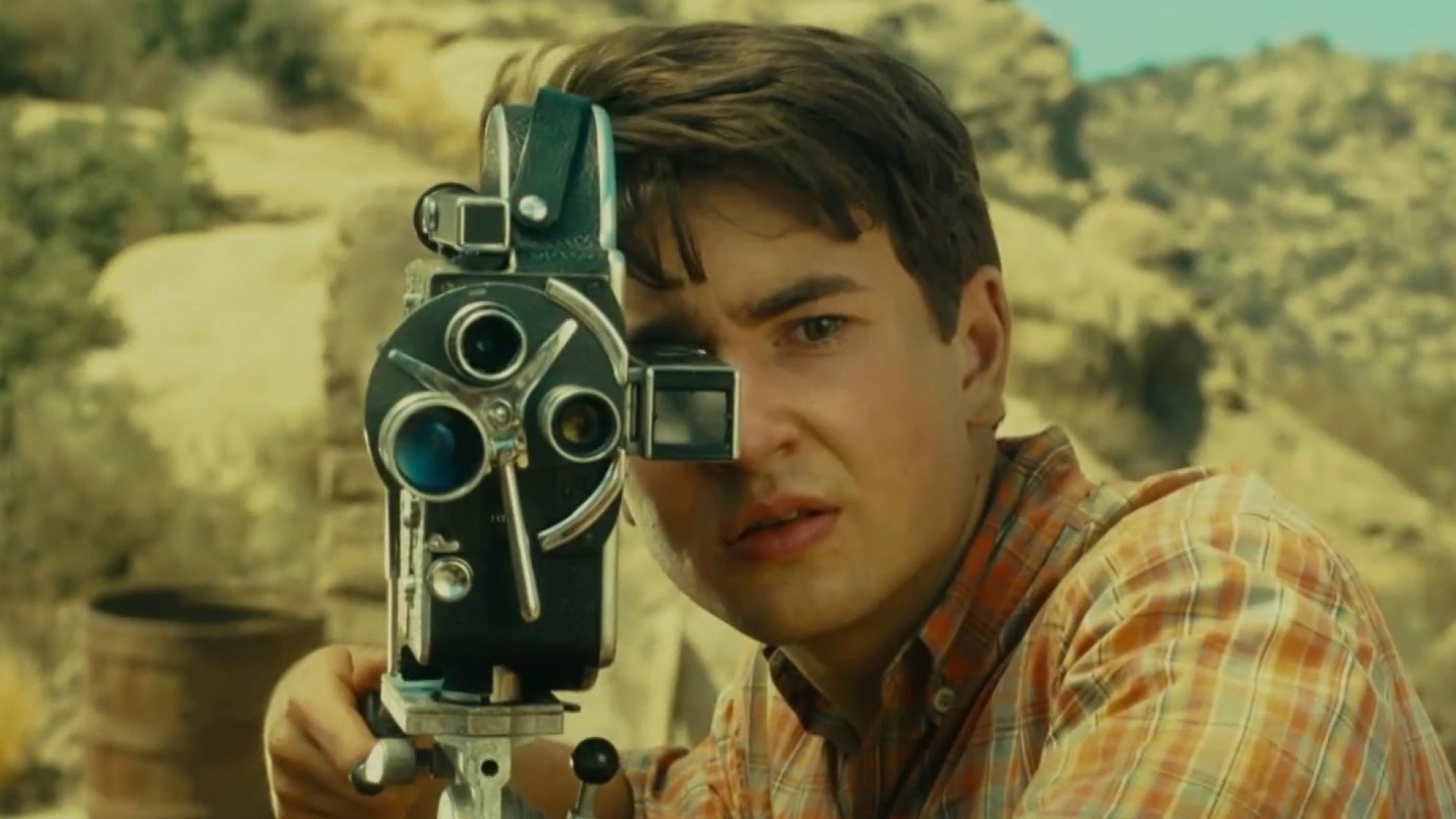
Why would Steven Spielberg write a conventional autobiography when he has the tools to tell his story in a medium he understands better than anyone? The Fabelmans takes plenty of artistic licence with the director’s childhood experiences, but it also explores many of the formative moments in his life – from early adventures in filmmaking to his parents’ separation – with the flair of a master storyteller. Michelle Williams and Paul Dano are brilliant as mom and dad Spielberg (sorry, Fabelman), while there’s plenty of fun to be had looking for moments that influenced the filmmaker’s future career.
10. Saving Private Ryan
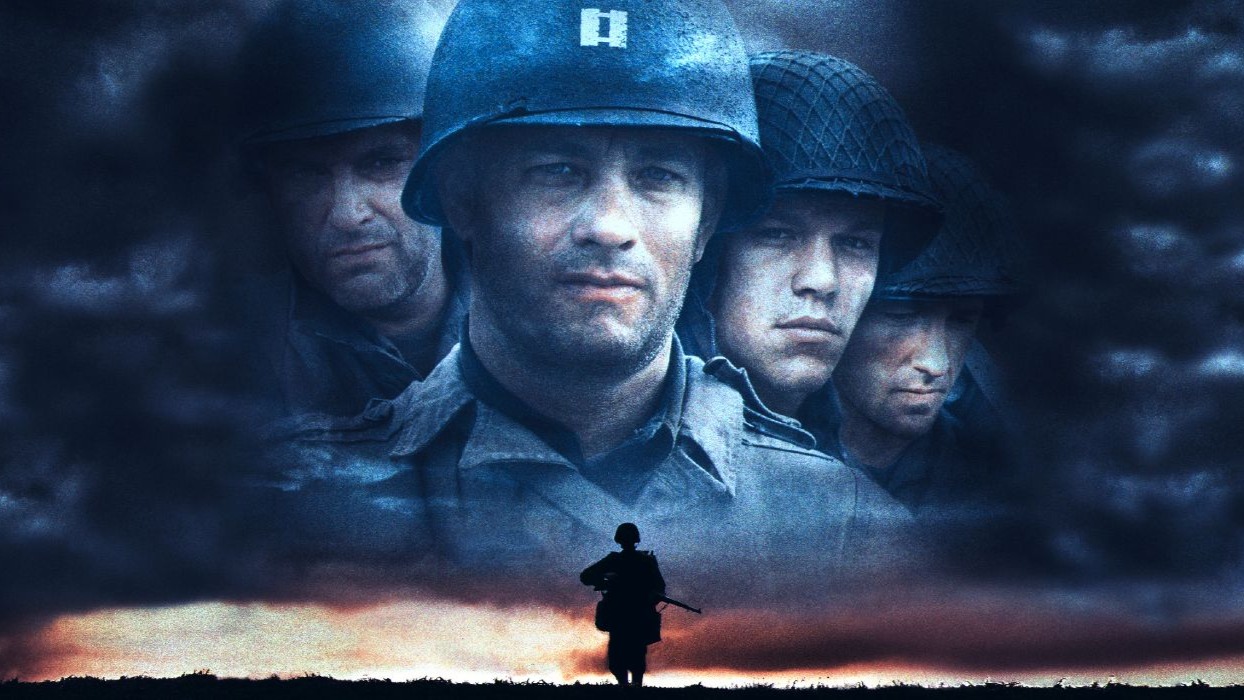
The tagline told us “the mission is a man”, but finding a needle (aka the eponymous soldier) in a stack of needles is a relatively small part of a film that’s more than worthy of a place in the pantheon of great American war movies. Matt Damon’s Ryan (the last surviving member of a family of US servicemen) simply exists as a McGuffin, an excuse for some narrative structure as Tom Hanks’ Captain Miller and his troops make their way across occupied France.
As James Cameron did in Aliens, Spielberg ensures that every member of the company gets a brief moment in the sun, but the real triumph is his visceral recreation of the D-Day landings. Screen depictions of war have rarely felt so chaotic, brutal and relentlessly scary.
9. Indiana Jones and the Last Crusade
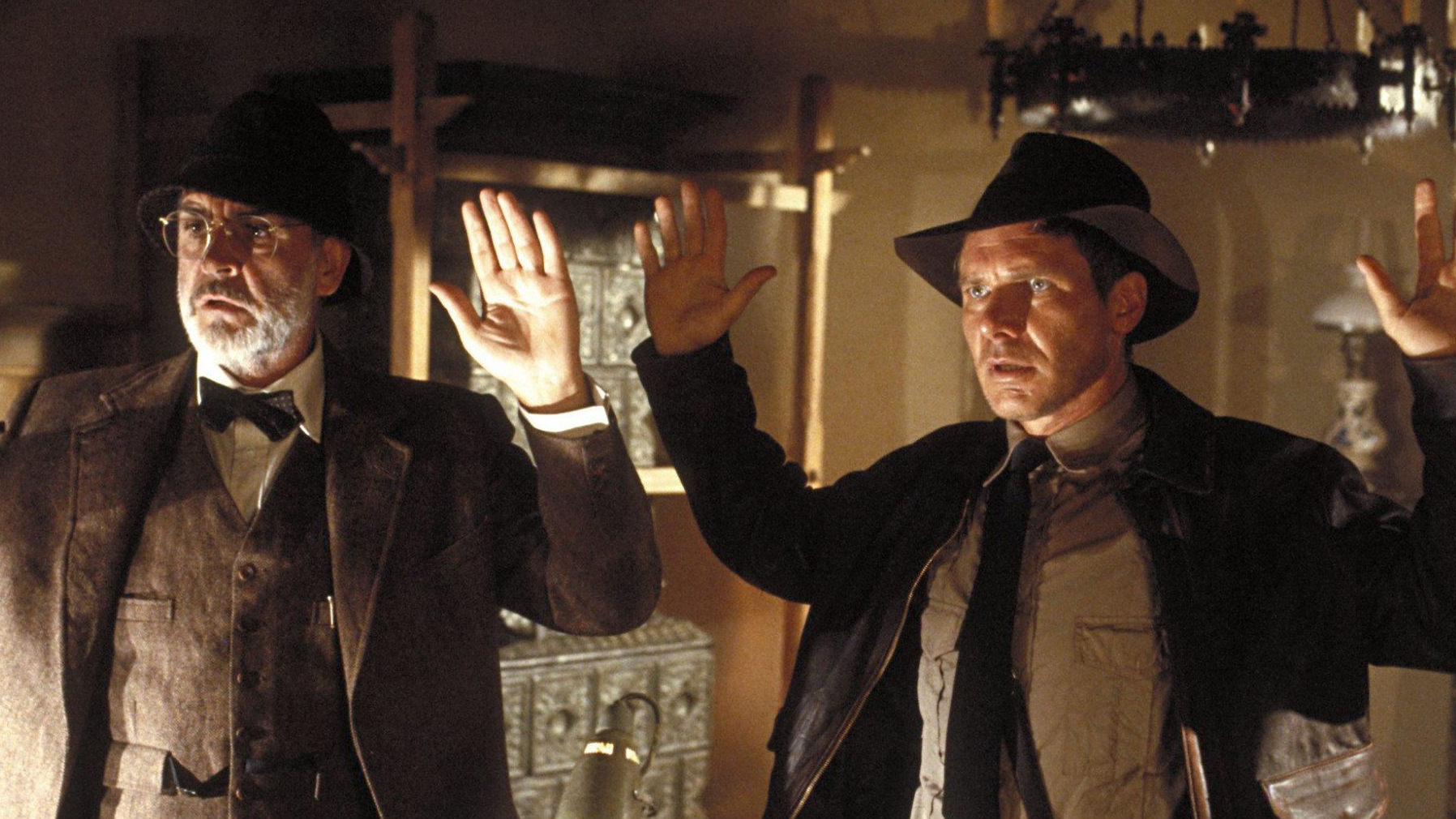
After the way-too-dark Temple of Doom, Indiana Jones undergoes a much-needed course-correction with the most unashamedly fun entry in the series. The threequel’s masterstroke is casting former 007 Sean Connery (less than 12 years’ Harrison Ford’s senior) as Indy’s dad, and the pair form one of cinema’s great double acts from the second circumstances force them together.
Admittedly, it’s essentially a retread of Raiders of the Lost Ark – the Holy Grail replaces the Ark of the Covenant on McGuffin duties – but The Last Crusade is quotable, action-packed and boasts a truly magnificent final act. They chose… wisely.
8. West Side Story
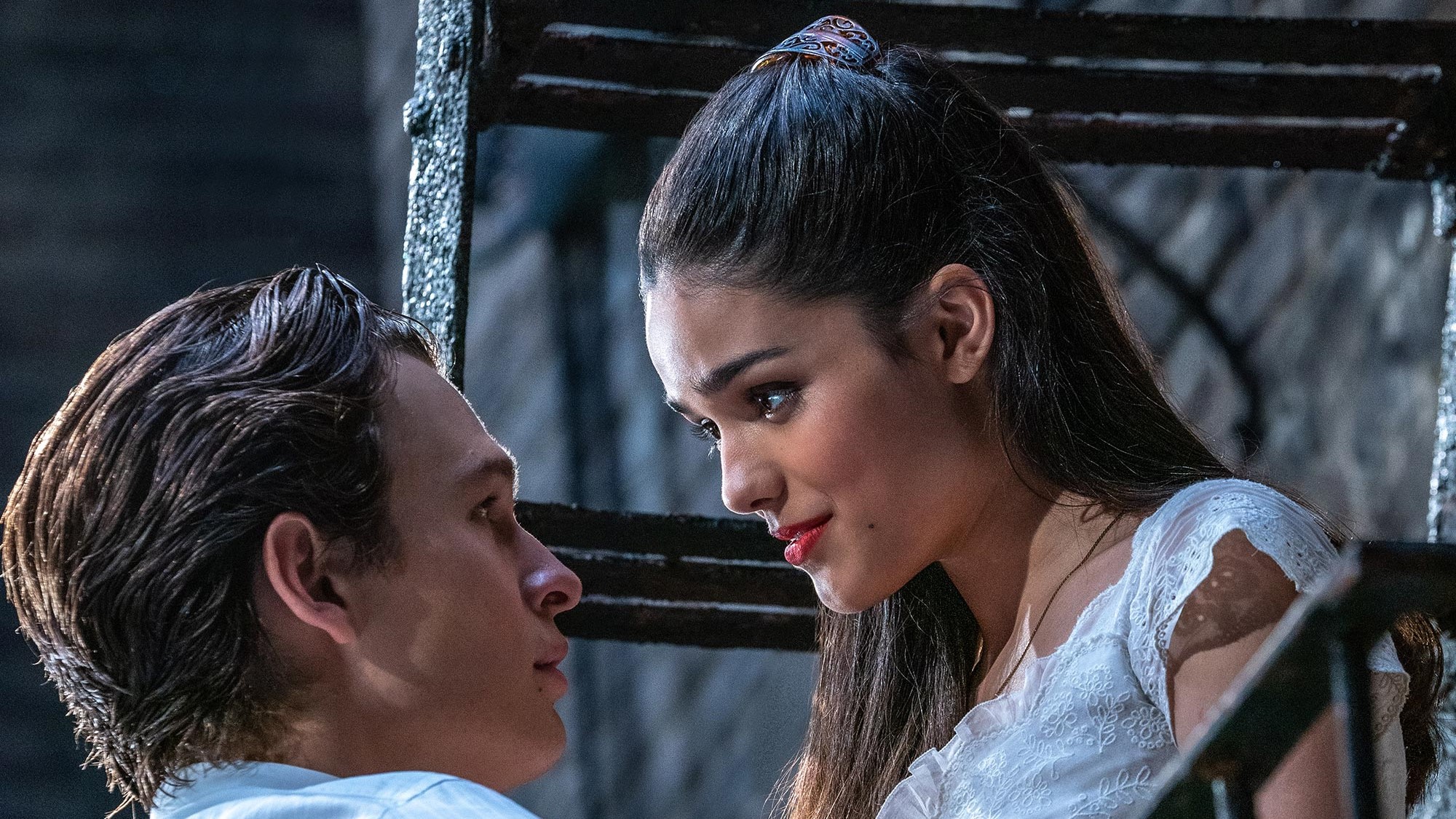
Spielberg didn’t make things easy for himself with his first musical. Remaking a movie as beloved as Robert Wise’s Oscar-winning 1961 adaptation of Bernstein and Sondheim’s classic stage show could have been a massive gamble, but the director passed the test with flying colors.
This is a West Side Story for the 21st century, highlighting racial politics that the original glossed over, while making full use of modern CG to expand the story way beyond its theatrical origins. Most importantly, however, Spielberg shoots the song-and-dance routines with energy and invention, ensuring they remain the real stars of the show.
7. Duel
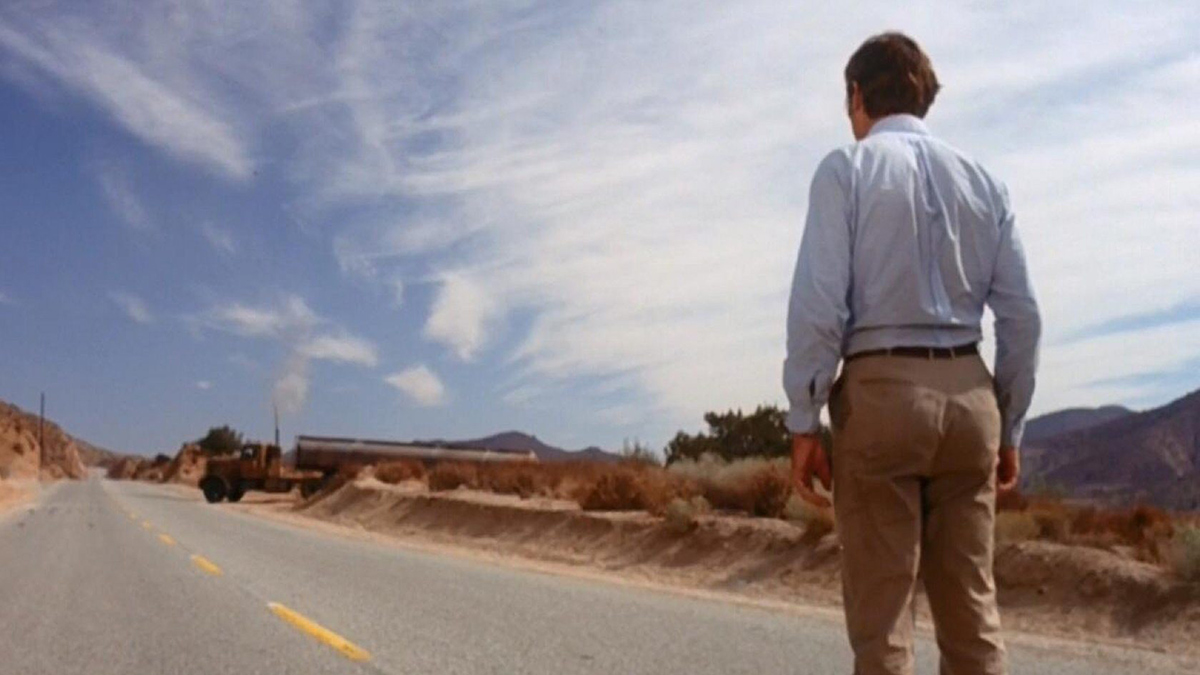
Spielberg’s first movie (made for TV, before getting a theatrical release in Europe) is the ultimate directorial calling card, and effectively an automotive dress rehearsal for Jaws.
Working from a script from I Am Legend author Richard Matheson, the director puts Dennis Weaver’s unwitting commuter on the road to hell, pursued by a very angry truck driver determined to run him off the road. It’s taut, tense and beautifully shot, and – by never showing the truck driver’s face – Spielberg creates a truly terrifying metal monster.
6. Jurassic Park
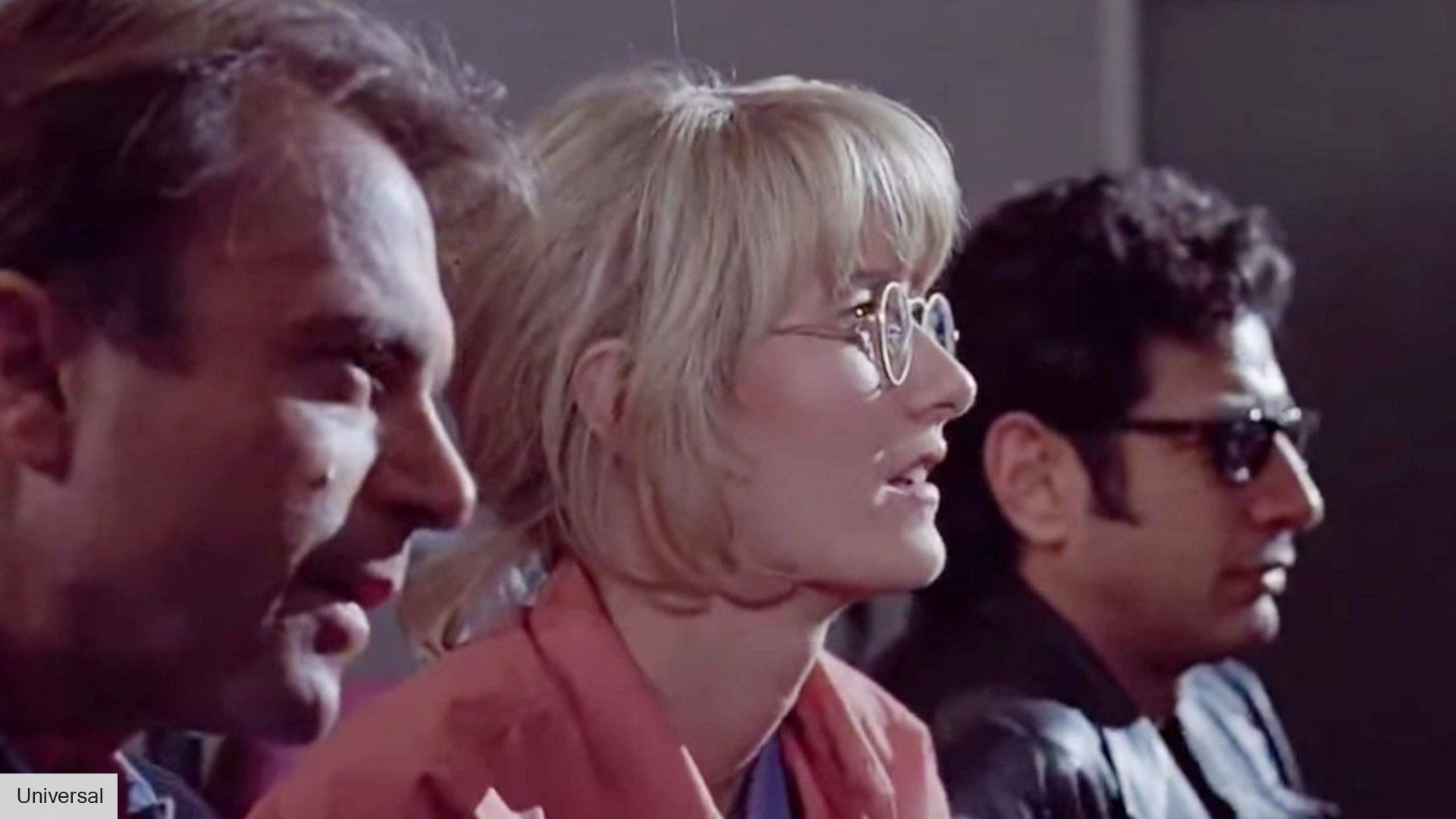
It’s the film that, along with James Cameron’s Terminator 2: Judgment Day, kickstarted the CG revolution, but there’s much more to Jurassic Park than a load of fancy pixels. Indeed, Spielberg was all set to make his adaptation of Michael Crichton’s bestselling novel with stop-motion dinosaurs, until Industrial Light & Magic’s technical innovations made computers impossible to ignore.
Appropriately for a movie set in a theme park, Spielberg ensures that Jurassic Park is the ultimate thrill ride, as Sam Neill, Laura Dern, Jeff Goldblum and co try to avoid becoming dino snacks. The director revels in every opportunity to ratchet up the tension – the missing goat, the ripples on the glass of water – while also ensuring the story is underpinned by some very solid sci-fi. If there’s ever been a better piece of plot exposition than Mr DNA, we’d like to hear about it.
5. ET: The Extra-Terrestrial
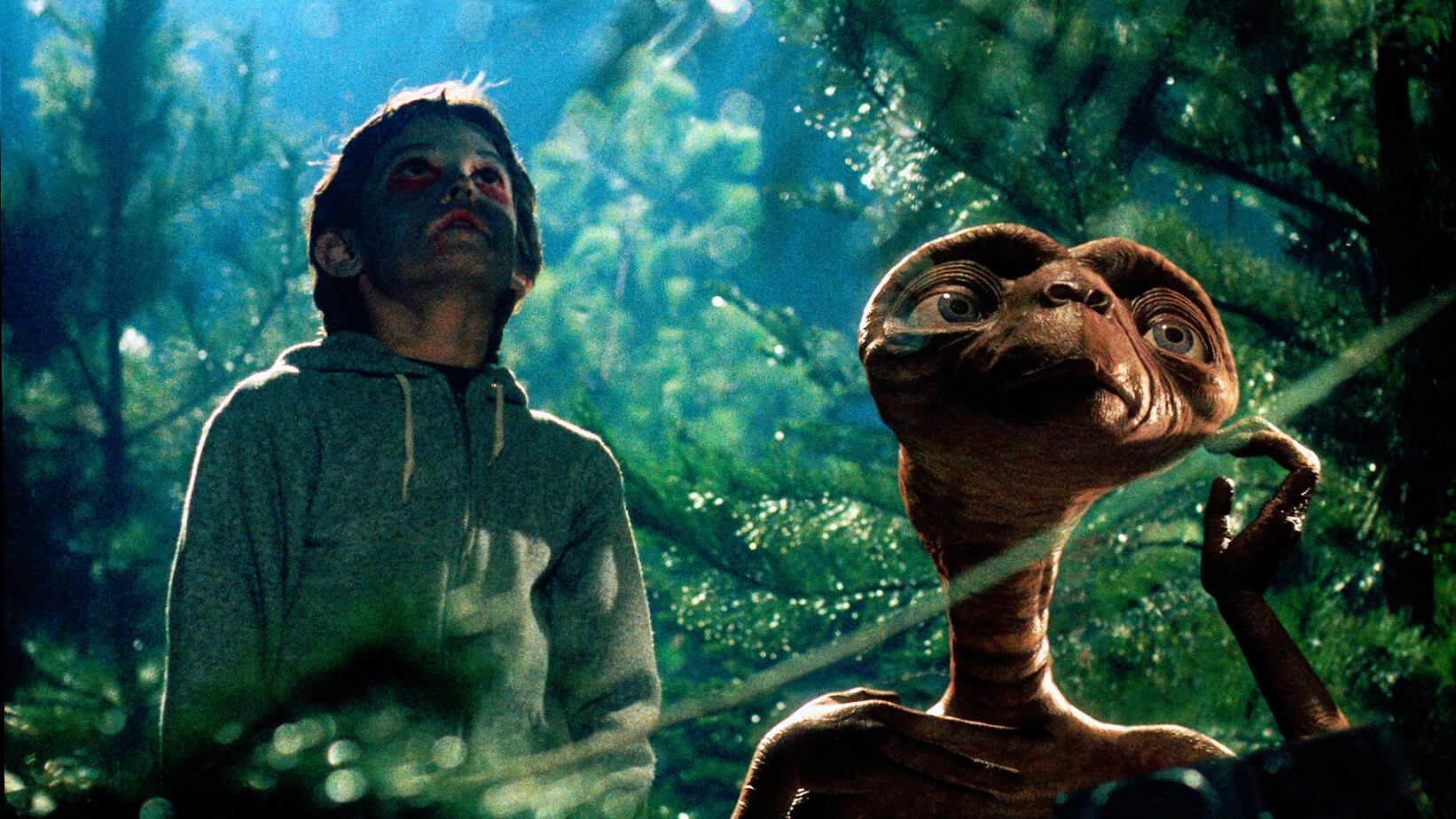
A movie so pivotal to Spielberg’s career that the famous image of Elliott and ET flying in front of the moon now forms the logo of his Amblin production company. The film started out as a Signs-like alien visitation horror, but Spielberg – working with screenwriter Melissa Mathison – realized the potential in a modern fairytale about an ordinary kid befriending an extra-terrestrial.
Many of the director’s longstanding themes get a run out – the sense of wonder, children in separated families – but rarely have they been as perfectly realized as they are here. Spielberg coaxed some of cinema’s greatest ever child performances from Henry Thomas, Robert MacNaughton and a then-six-year-old Drew Barrymore, while the ET puppet (created by Alien veteran Carlo Rambaldi) proved a much more reliable co-star than Bruce the Shark in Jaws.
4. Close Encounters of the Third Kind
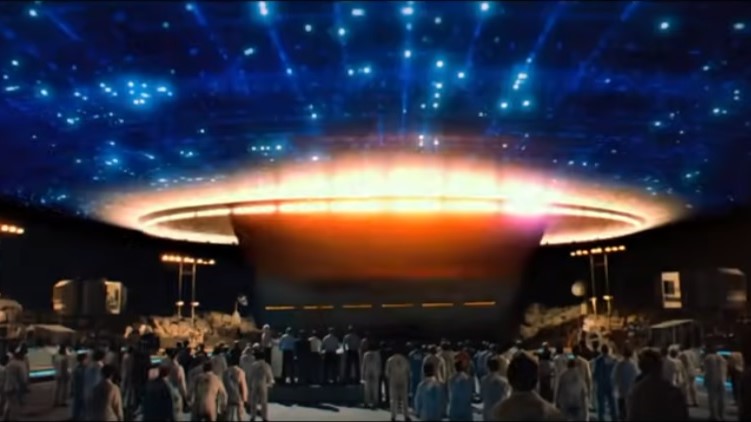
In any year but 1977, Close Encounters of the Third Kind would have been the most talked about sci-fi movie on planet Earth. While Star Wars grabbed the column inches and the box office, however – Spielberg famously traded percentage points with old pal George Lucas ahead of release and made millions of dollars from the deal – this tale of alien visitation is a bona fide classic.
A wide-eyed Richard Dreyfuss somehow makes you sympathize with a guy prepared to leave his family for a shipful of ETs he’s only just met, while the closing act is a marvel of VFX model work, soundtracked by the most famous five notes in movie history.
3. Schindler’s List
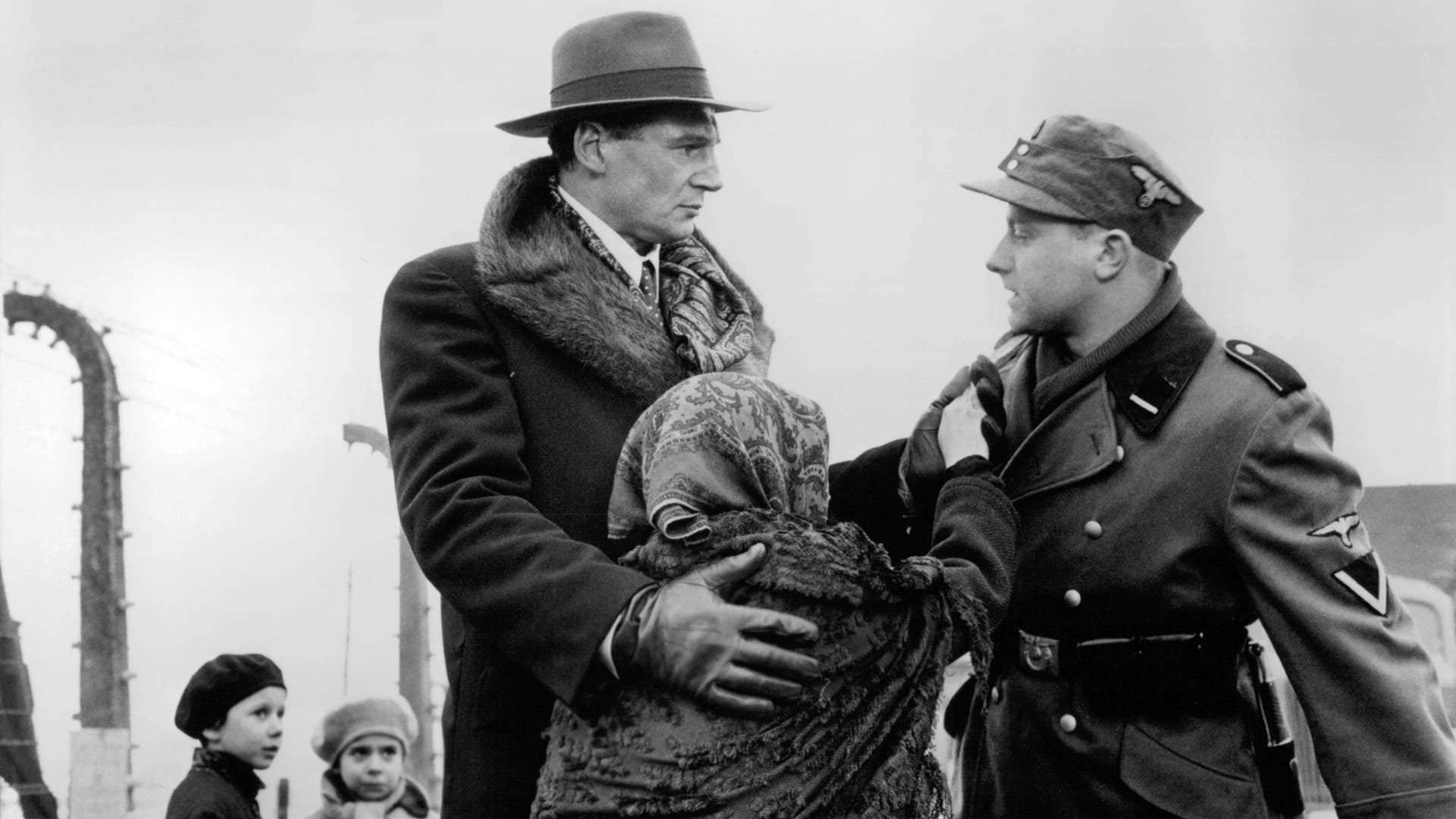
Spielberg finally won himself the Oscar he’d long deserved with this remarkable adaptation of Thomas Keneally’s Schindler’s Ark. Anyone who still thought the director was merely a purveyor of popcorn entertainment was forced to reassess their opinion, as he crafted a sensitive and powerful drama set during the Holocaust.
Making stunning use of black-and-white imagery (this was the first of Spielberg’s many collaborations with cinematographer Janusz Kamiński) it’s cinema as a work of art, yet it’s also unafraid to show the very darkest side of humanity – a side chillingly personified by Ralph Fiennes’ terrifying concentration camp commandant, Amon Göth. Spielberg’s achievement is arguably made even more impressive by the fact he was shooting Schindler’s List while he was in the midst of editing Jurassic Park.
2. Jaws
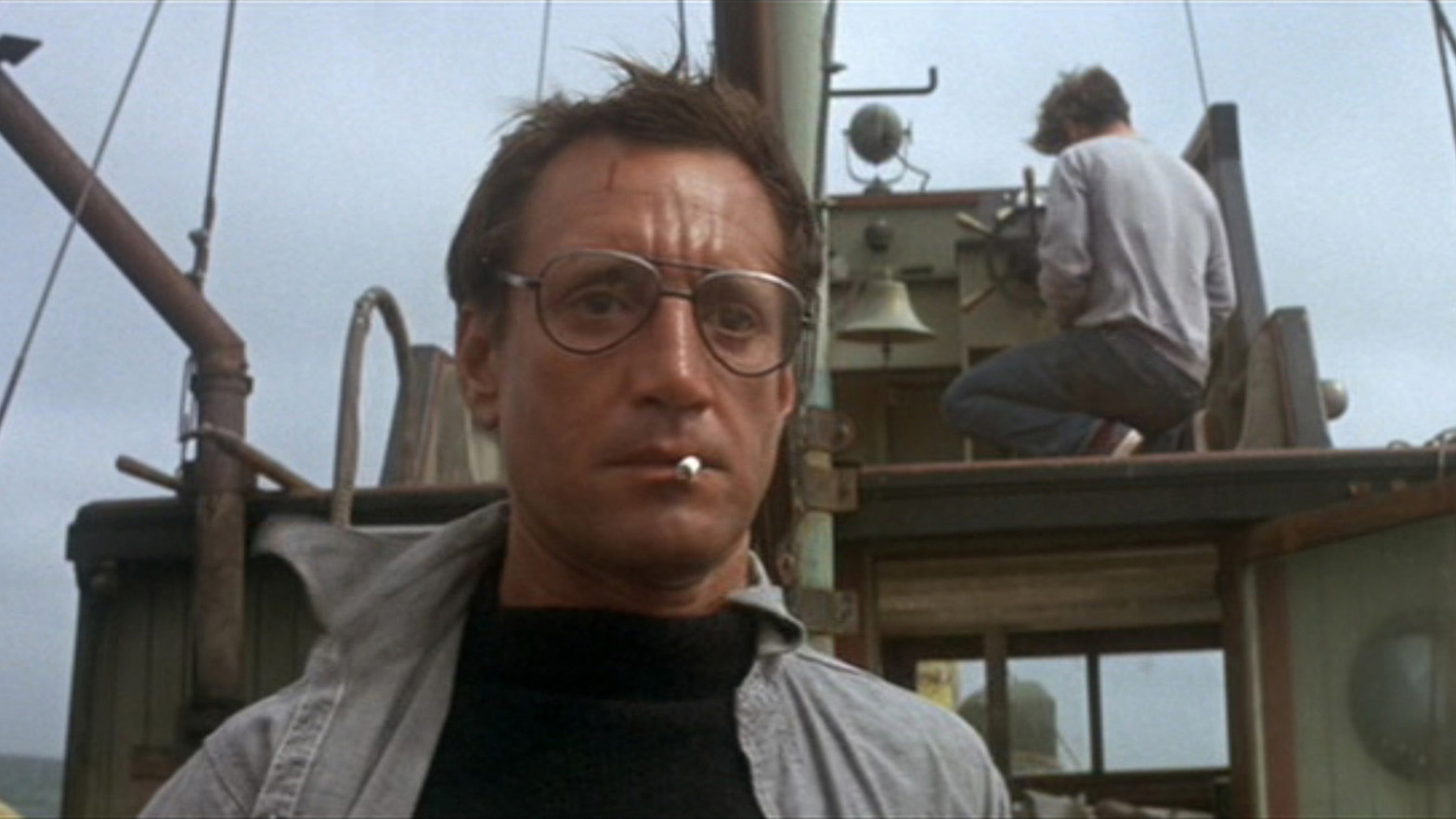
On another day of the week this could have been number one. The film that turned Spielberg into the hottest director on the planet and effectively invented the modern blockbuster remains a masterclass in storytelling. Proving that what you don’t see is usually scarier than what you can – especially when you’re dealing with a malfunctioning mechanical shark – the director rolls out all the tricks in his considerable arsenal as a toothy terror from the deep terrorizes a coastal town.
Crucially, however, Spielberg never neglects the human side of the story, particularly when Roy Scheider, Robert Shaw and Richard Dreyfuss embark on cinema’s most famous fishing trip.
1. Raiders of the Lost Ark
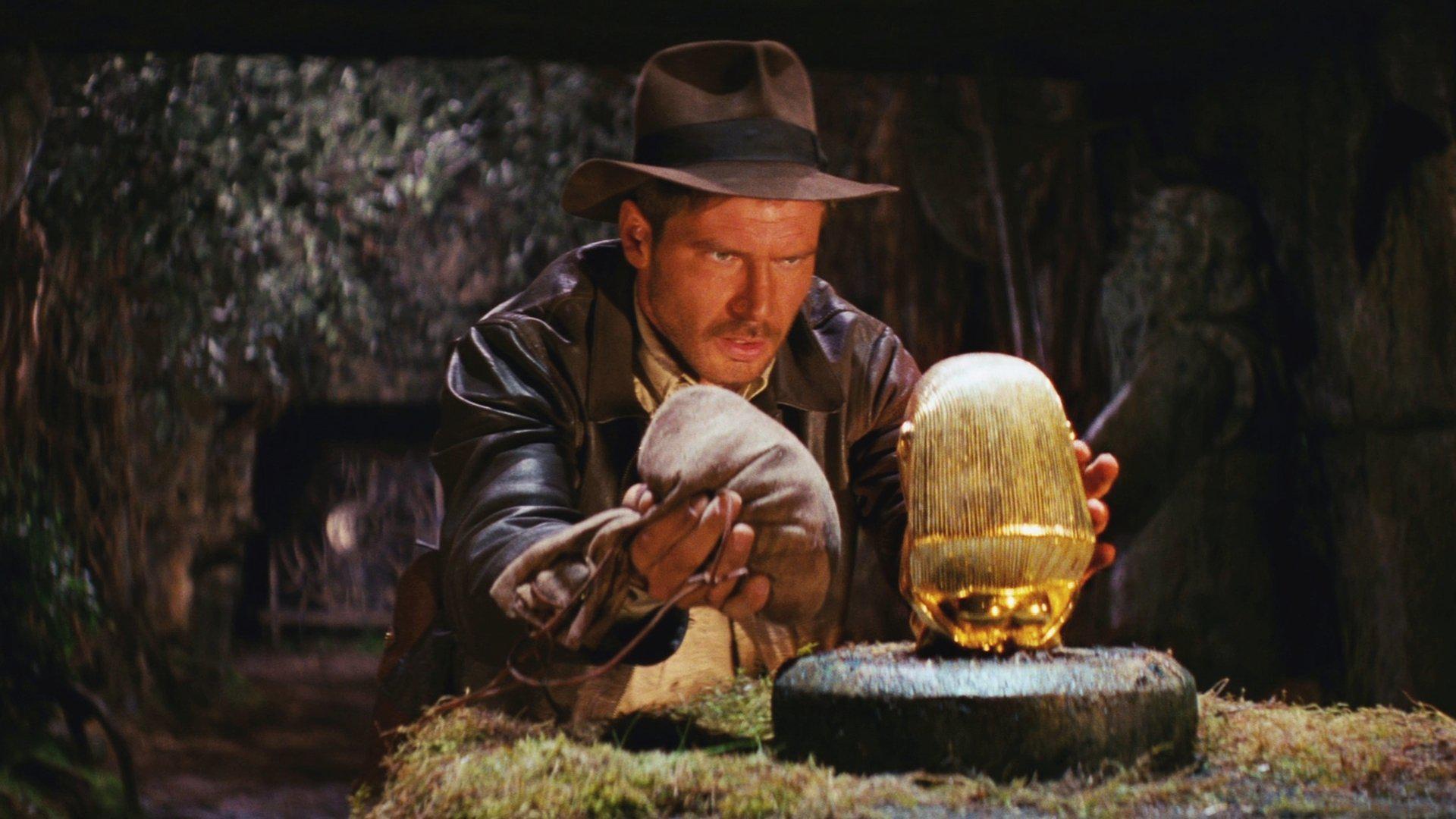
It seems remarkable now but, thanks to the underperformance of 1941, Spielberg was having to prove himself all over again with Raiders of the Lost Ark. Prove himself he did, however, because the first Indiana Jones adventure stands up as the greatest movie in his considerable canon. Spielberg and producer George Lucas’s ludicrously thrilling update of ’30s adventure serials manages to beat James Bond at his own game, while Harrison Ford is utterly perfect in the role that – even more than Han Solo – has come to define his career. In fact, it’s hard to think of anything you could add or take away from Raiders that would make it a better film.
(Back in 2014, Ocean’s 11 director Steven Soderbergh created a new version of Raiders, stripping out the color and replacing the soundtrack with music from The Social Network and The Girl with the Dragon Tattoo. The point of the exercise? To show off the incredible craftsmanship in Spielberg’s work.)
Richard is a freelance journalist specialising in movies and TV, primarily of the sci-fi and fantasy variety. An early encounter with a certain galaxy far, far away started a lifelong love affair with outer space, and these days Richard's happiest geeking out about Star Wars, Star Trek, Marvel and other long-running pop culture franchises. In a previous life he was editor of legendary sci-fi and fantasy magazine SFX, where he got to interview many of the biggest names in the business – though he'll always have a soft spot for Jeff Goldblum who (somewhat bizarrely) thought Richard's name was Winter.
